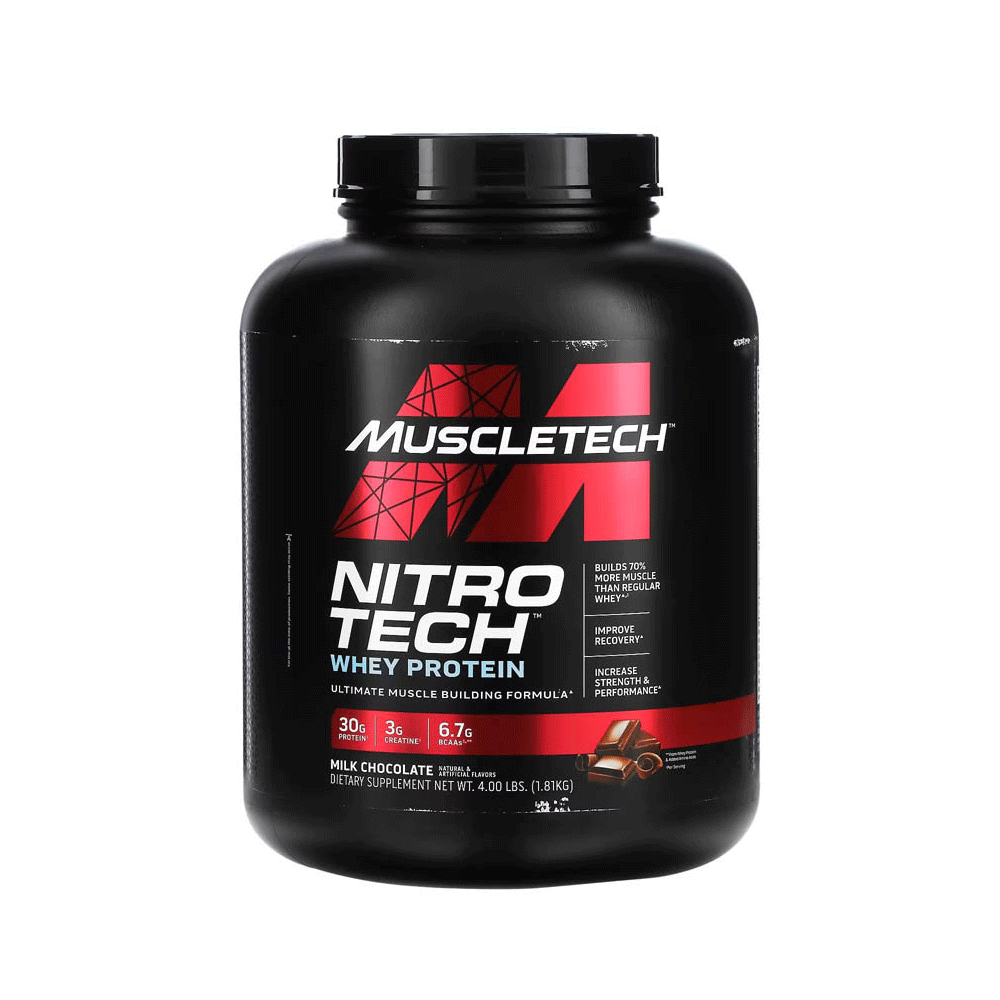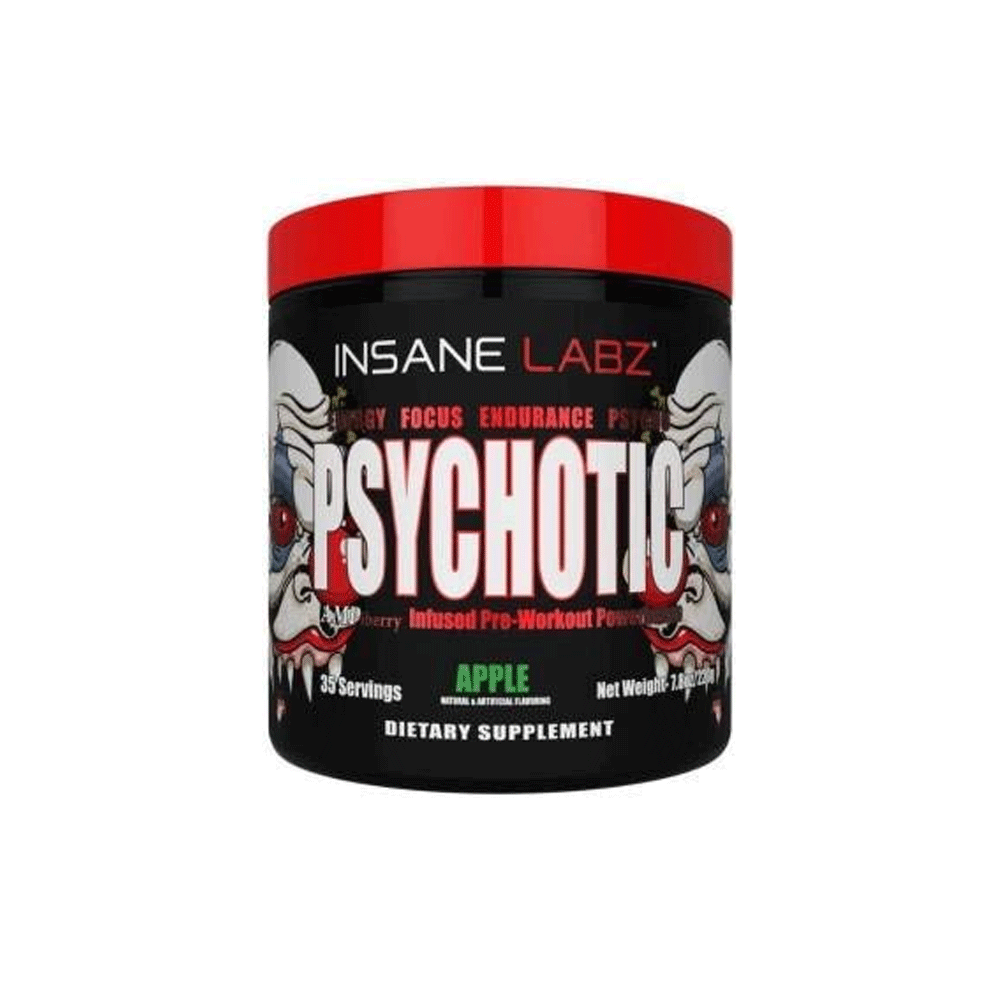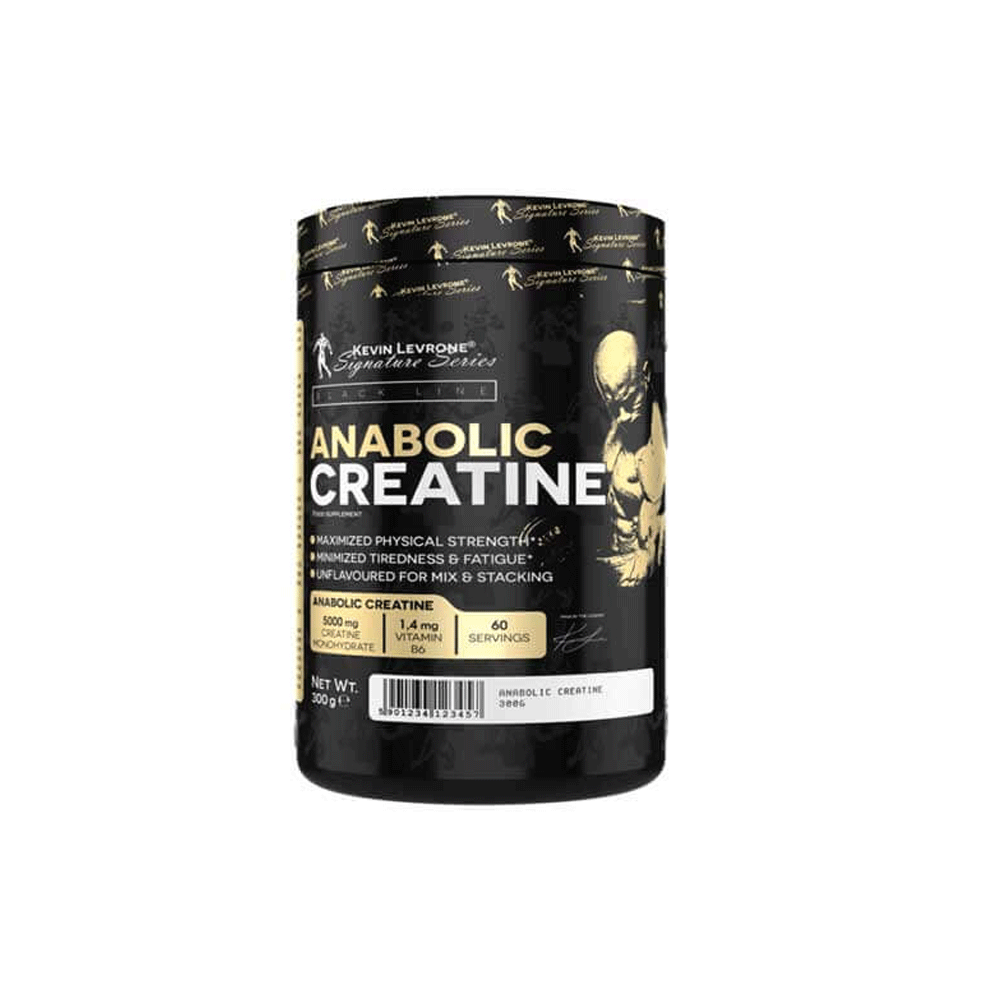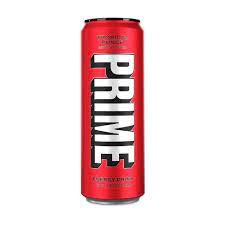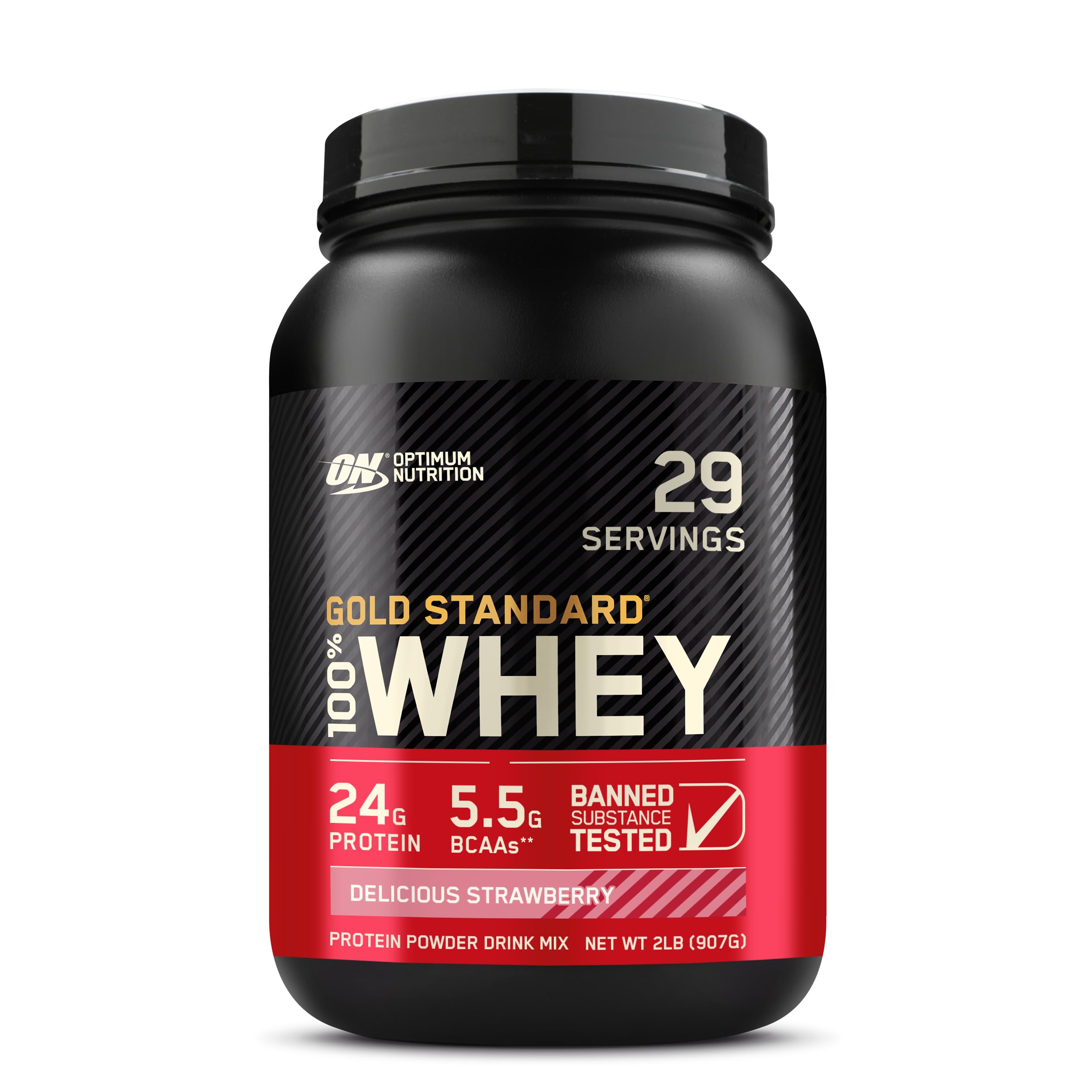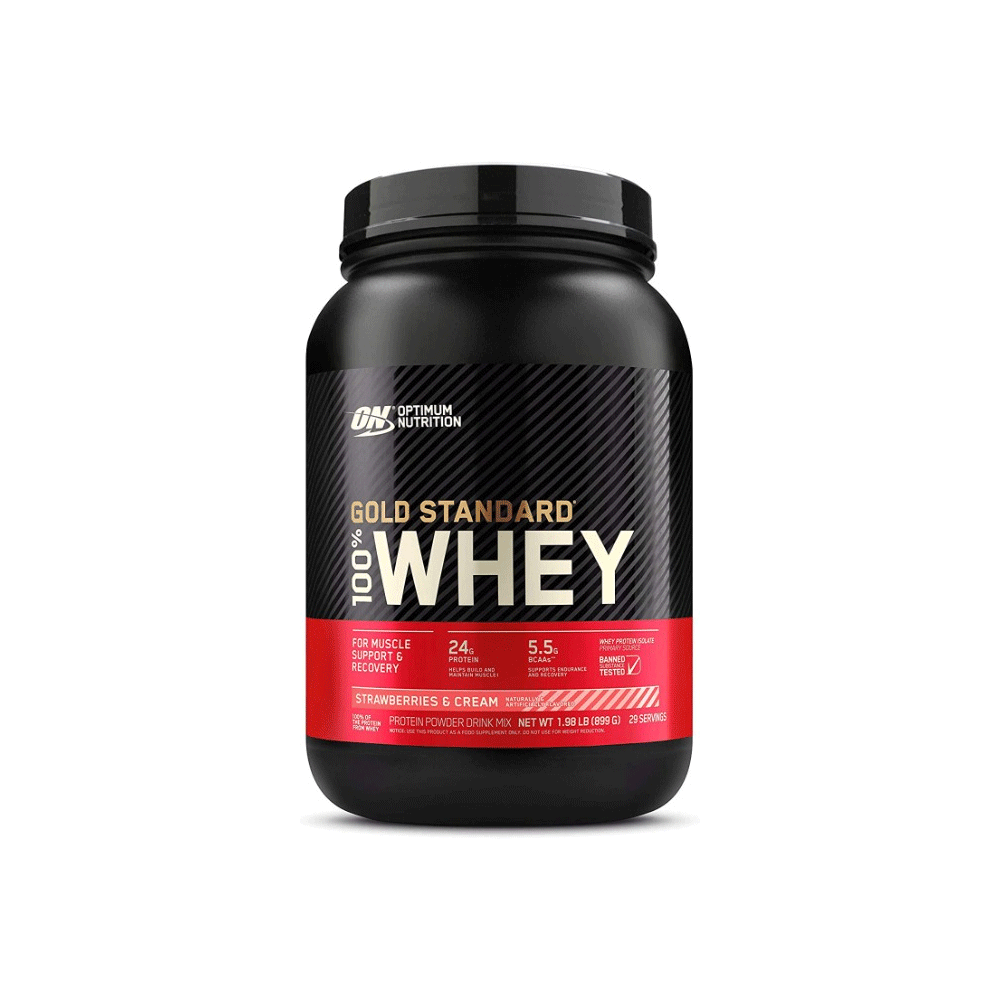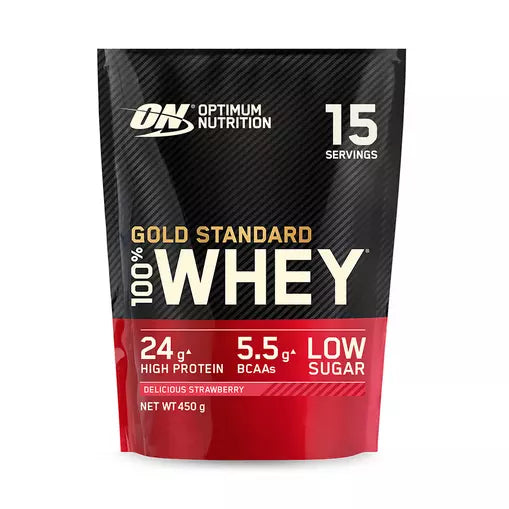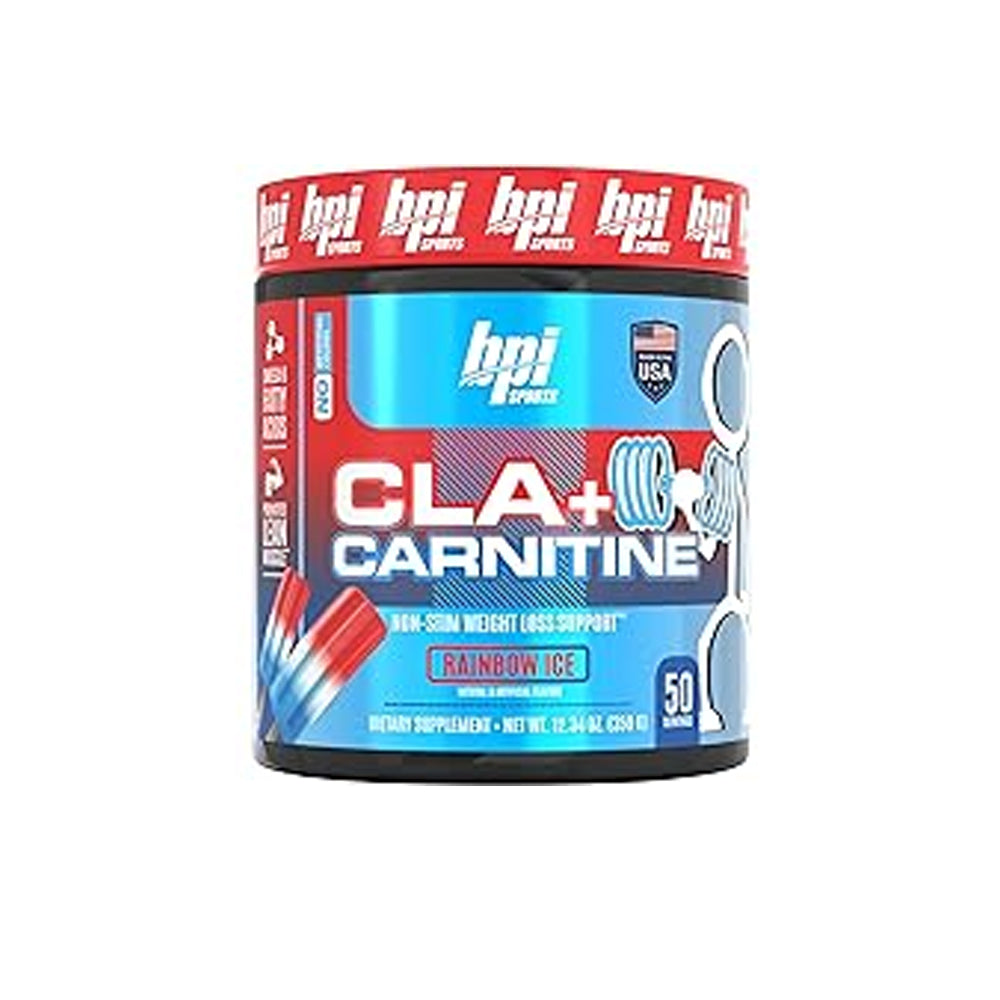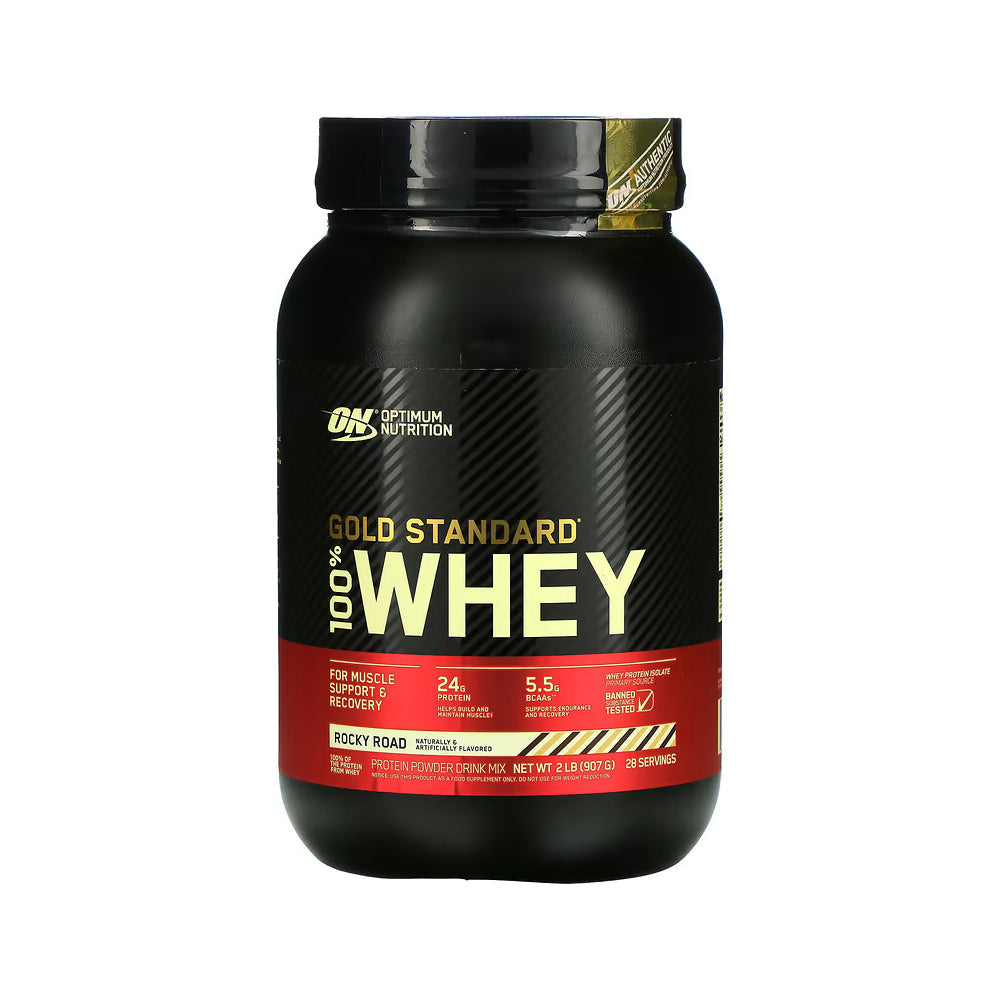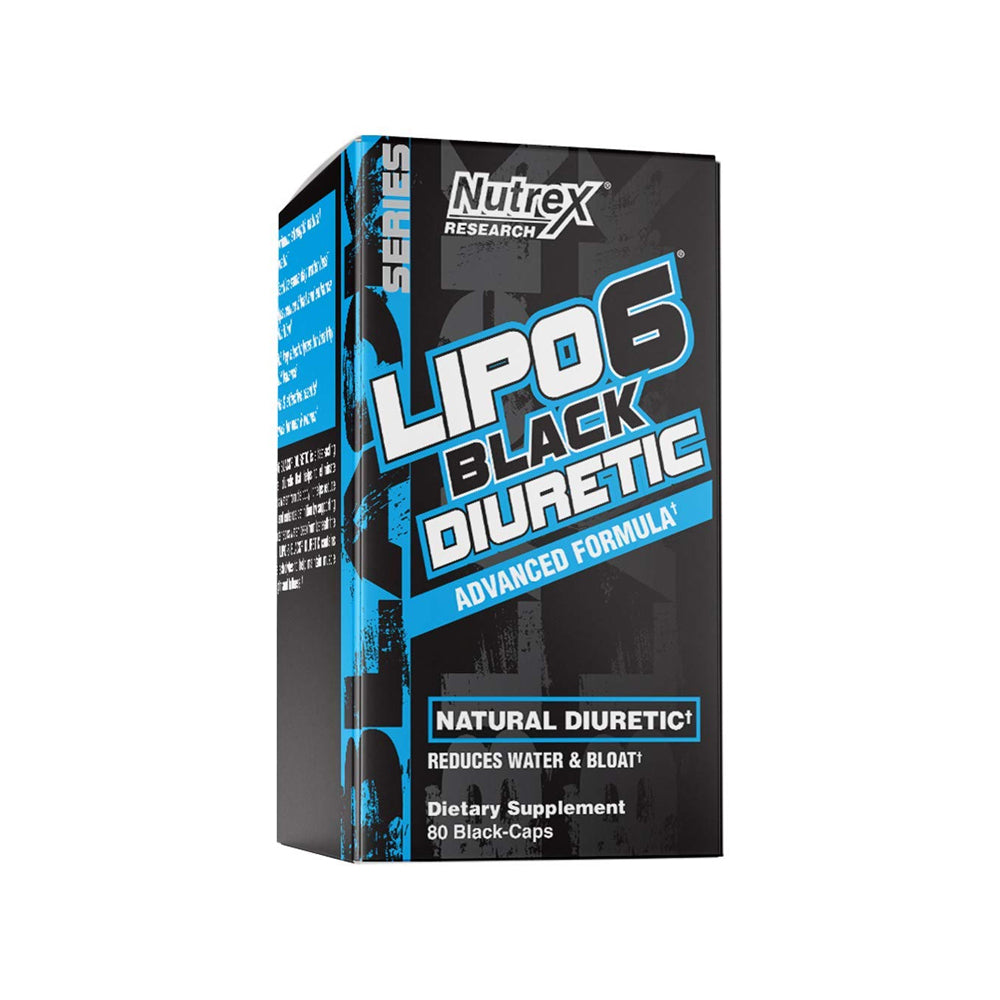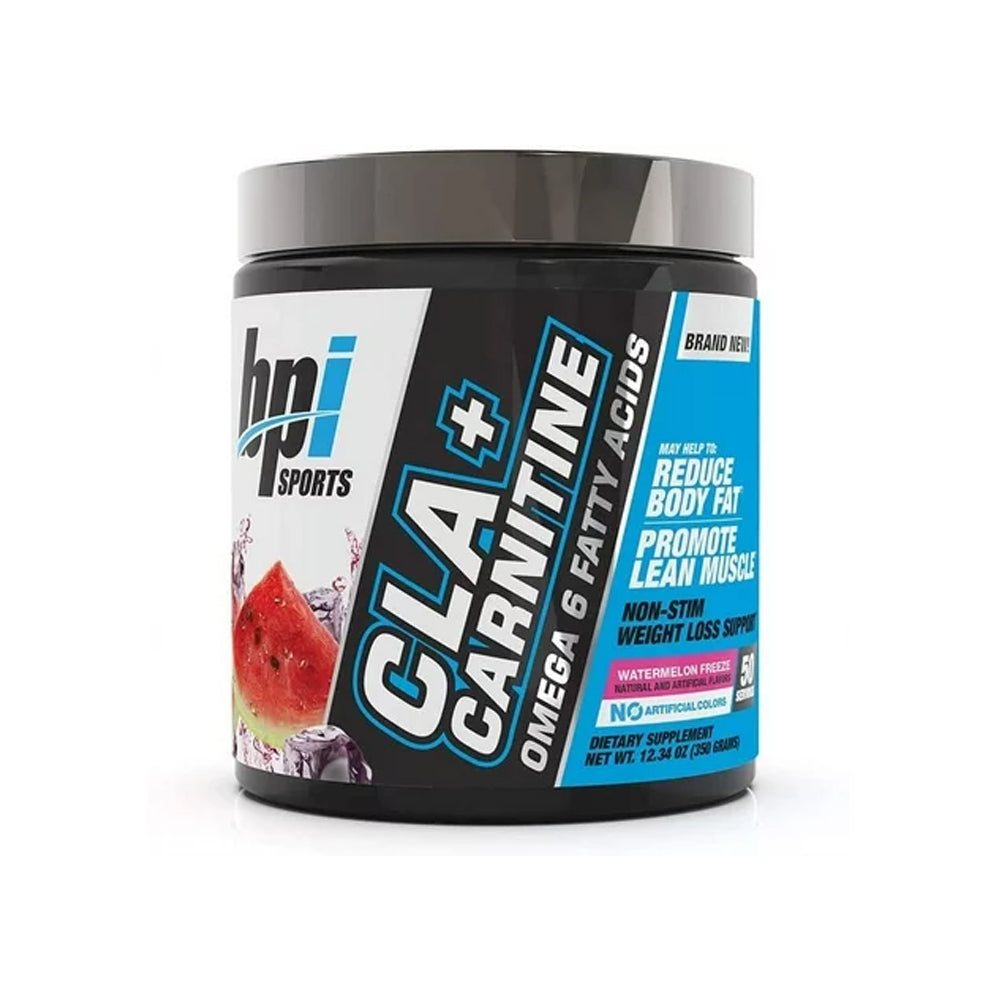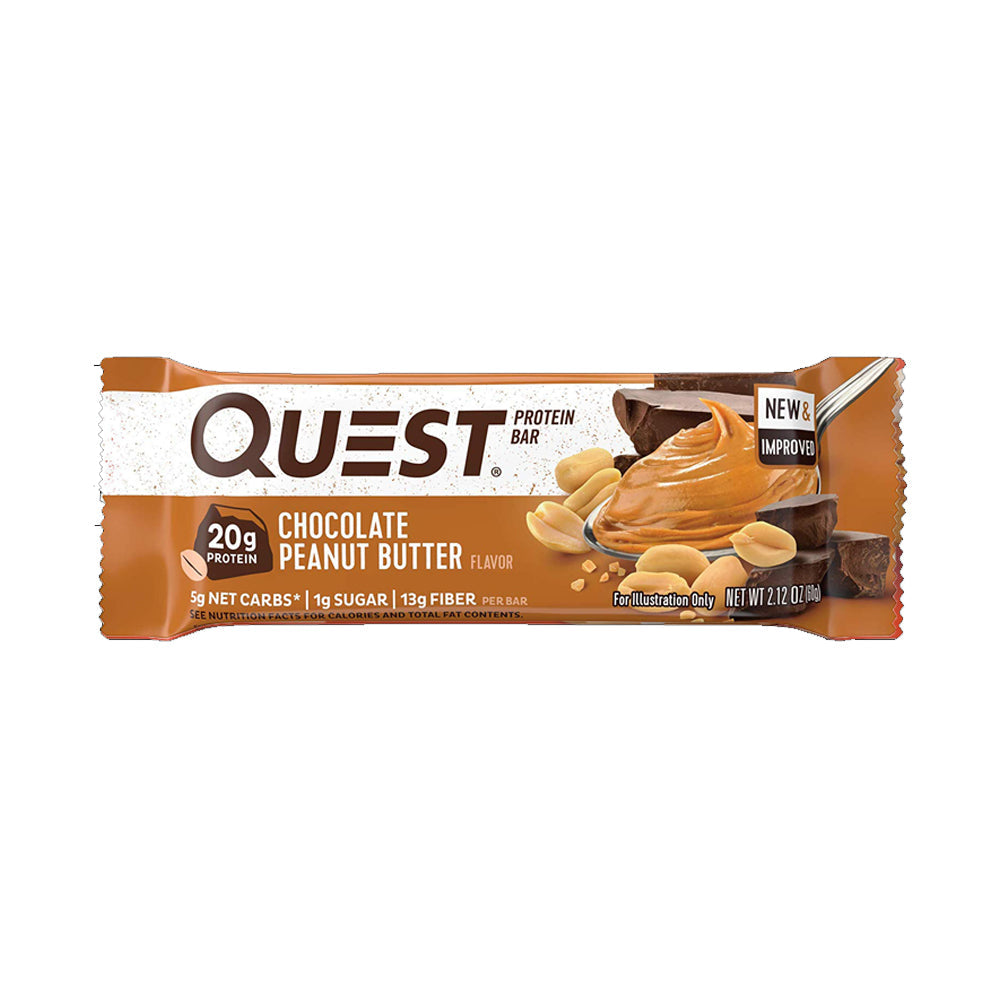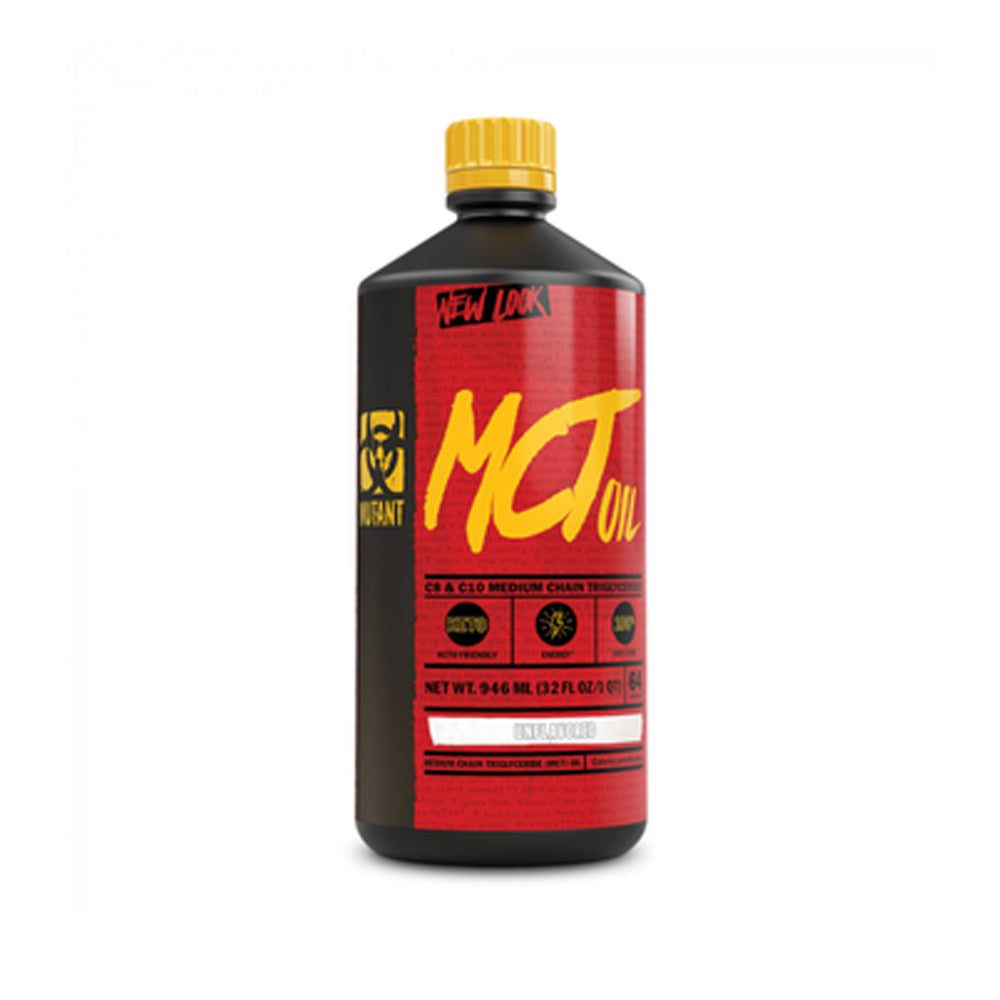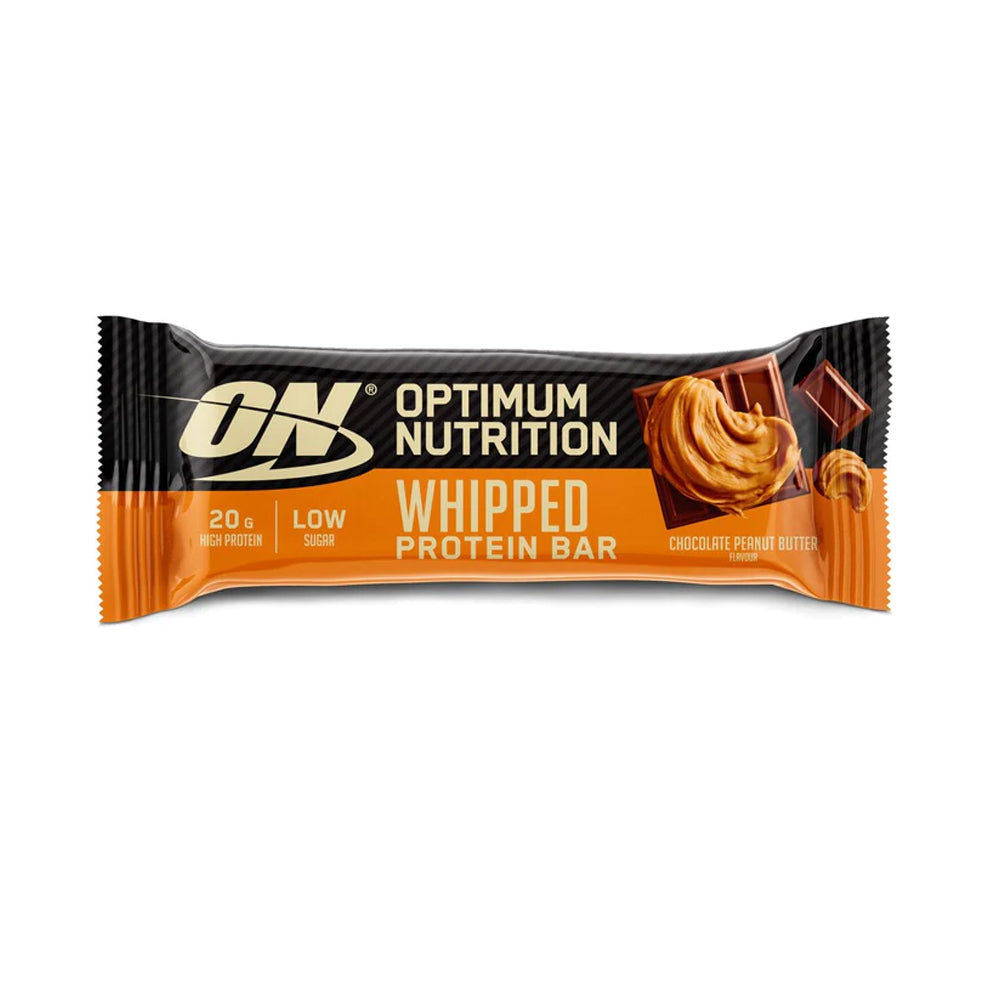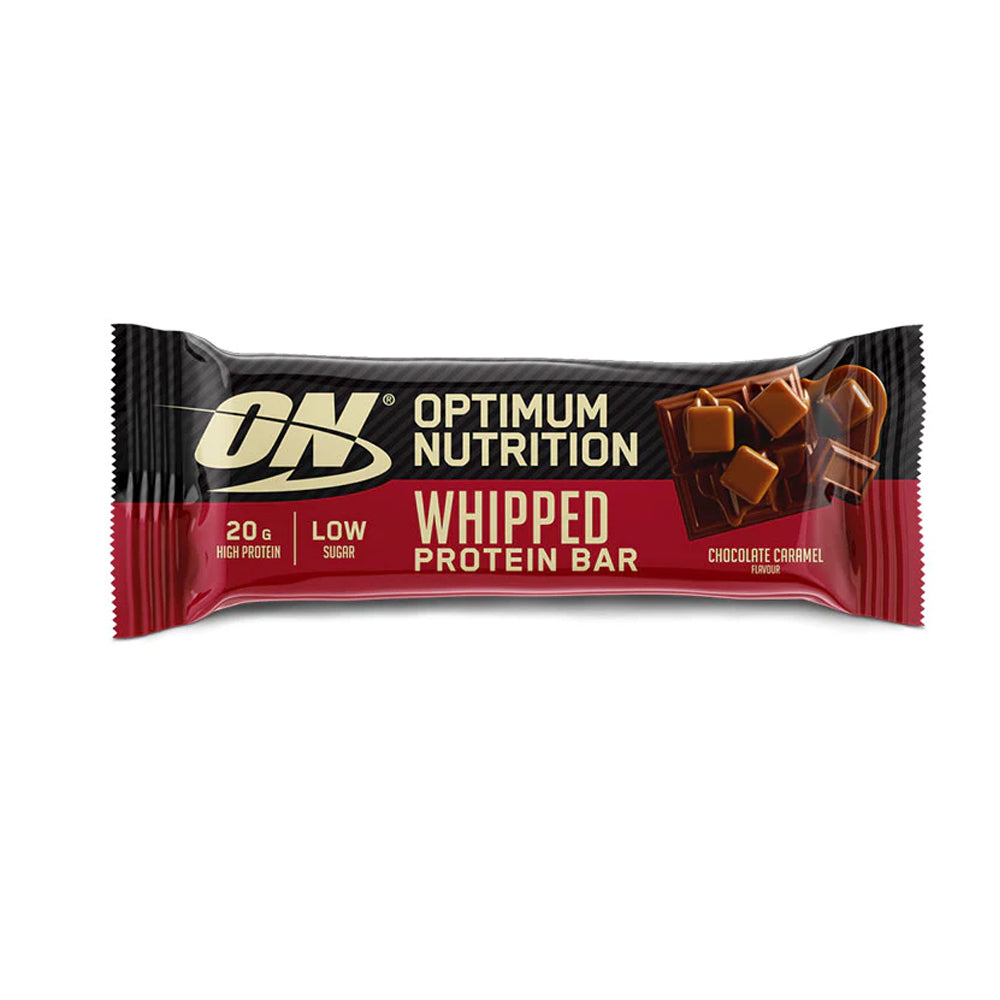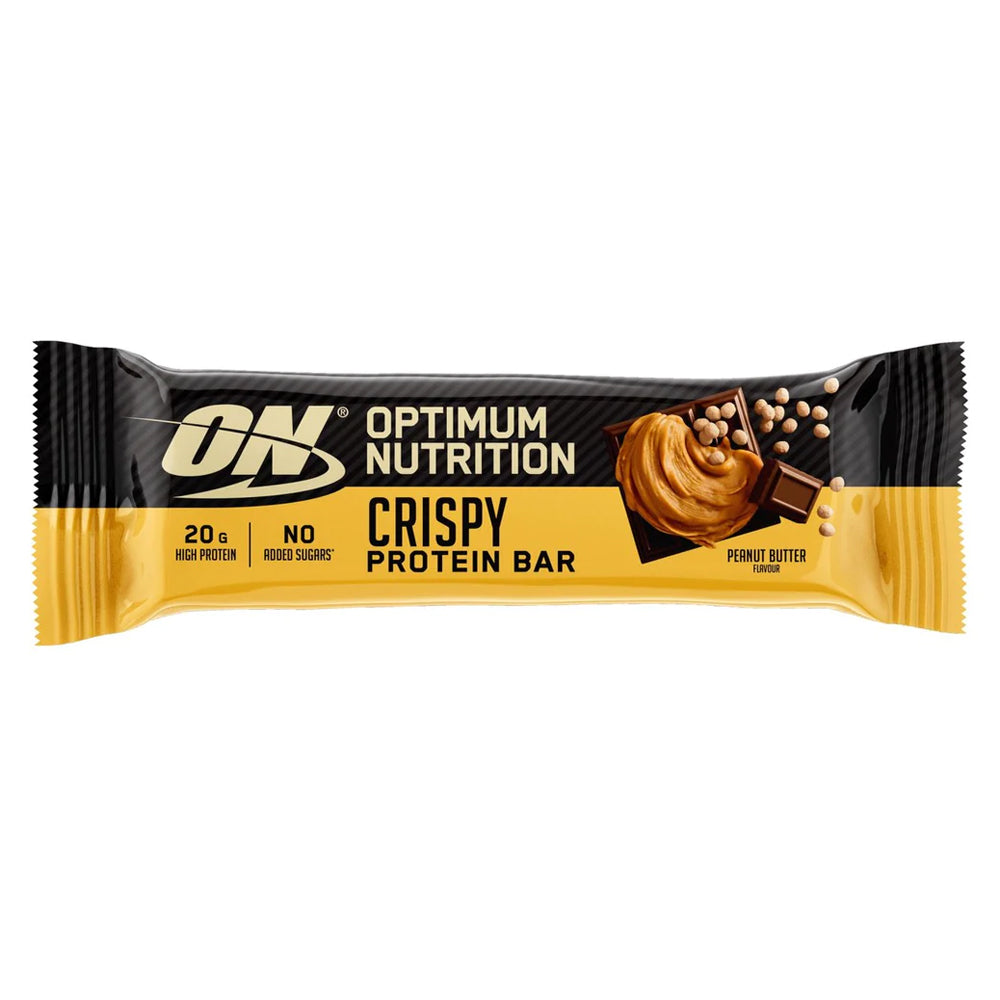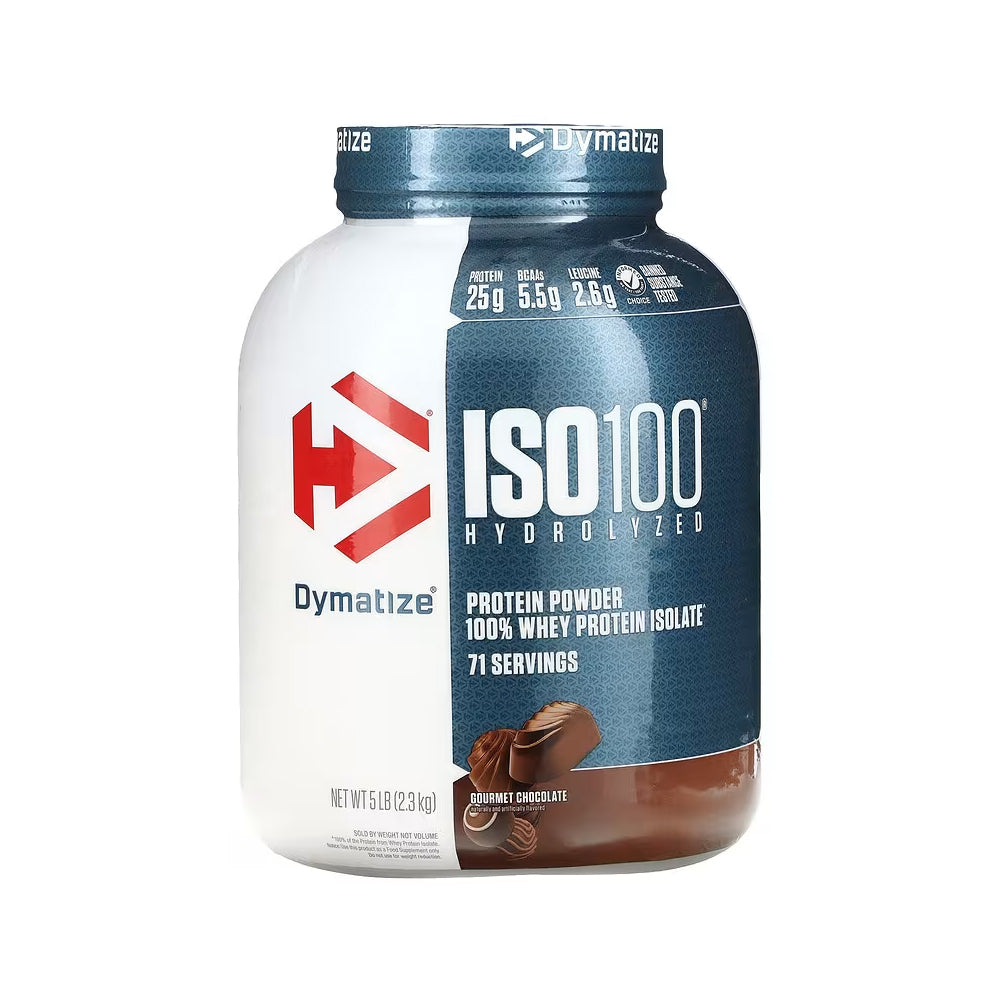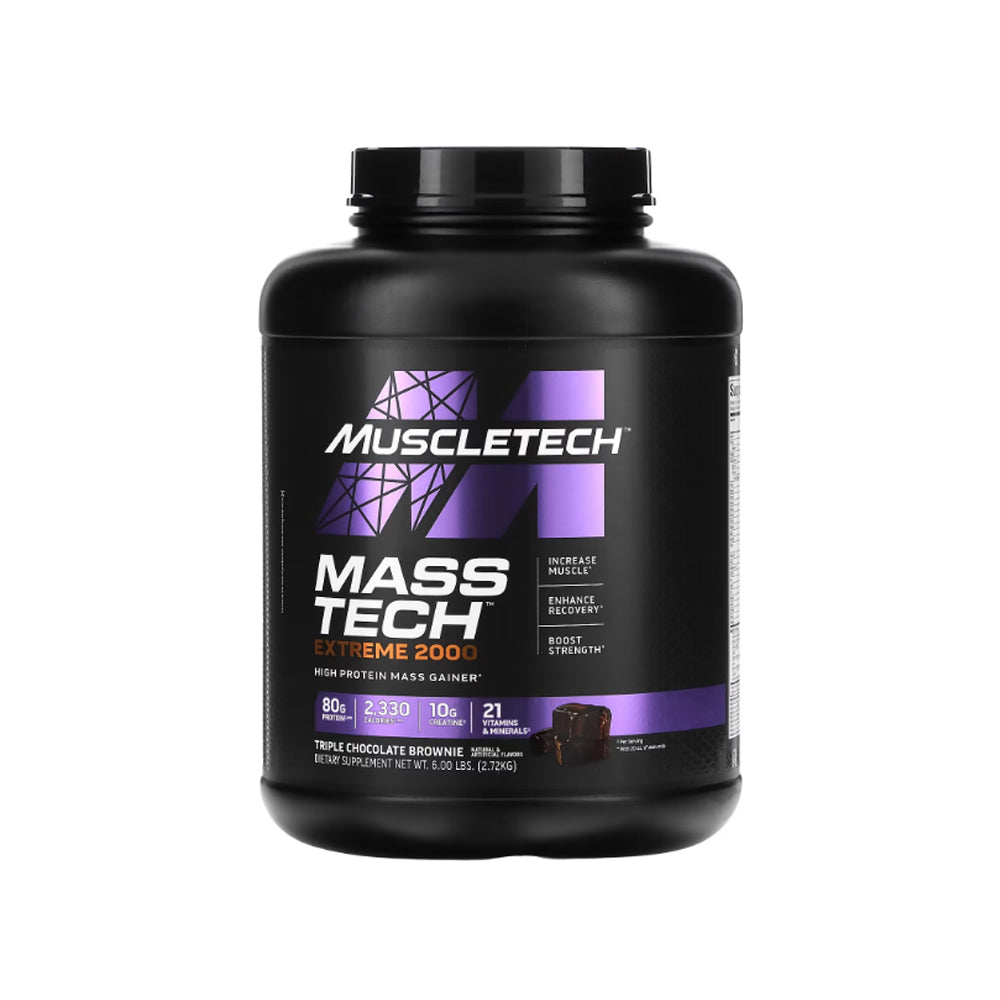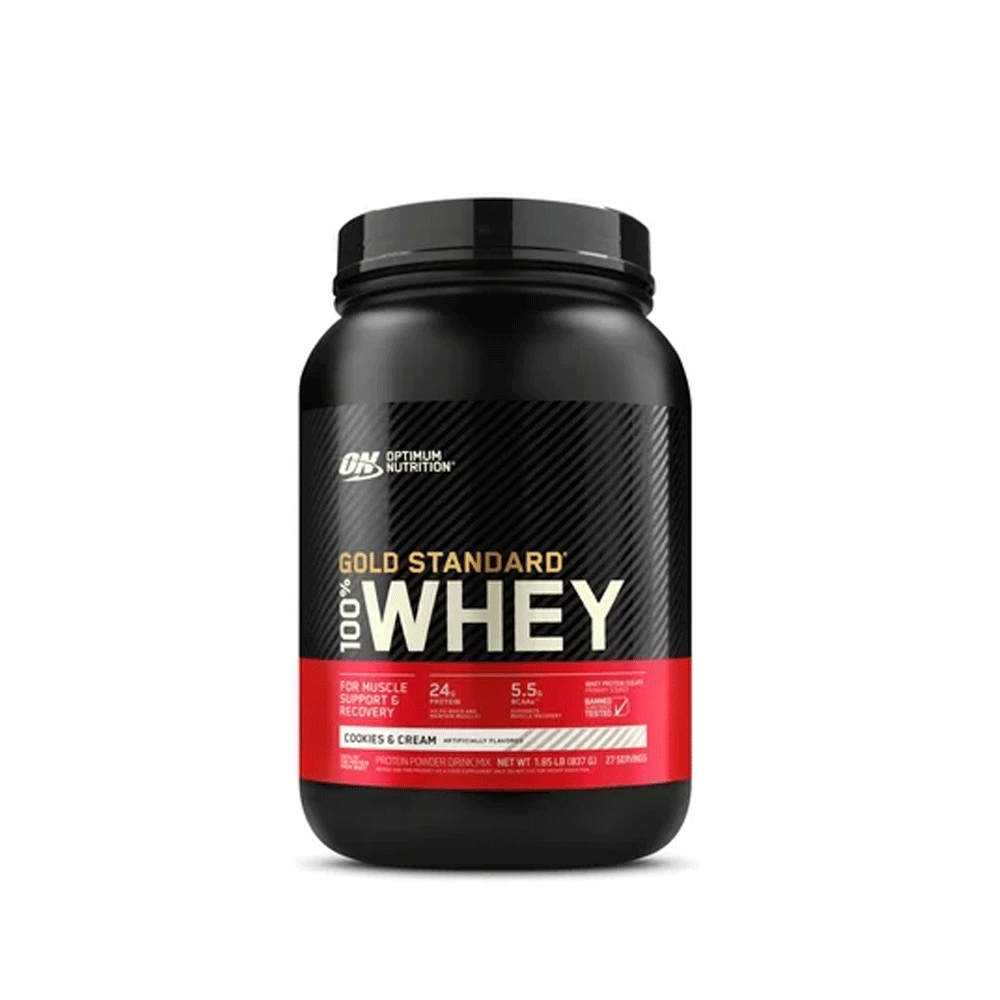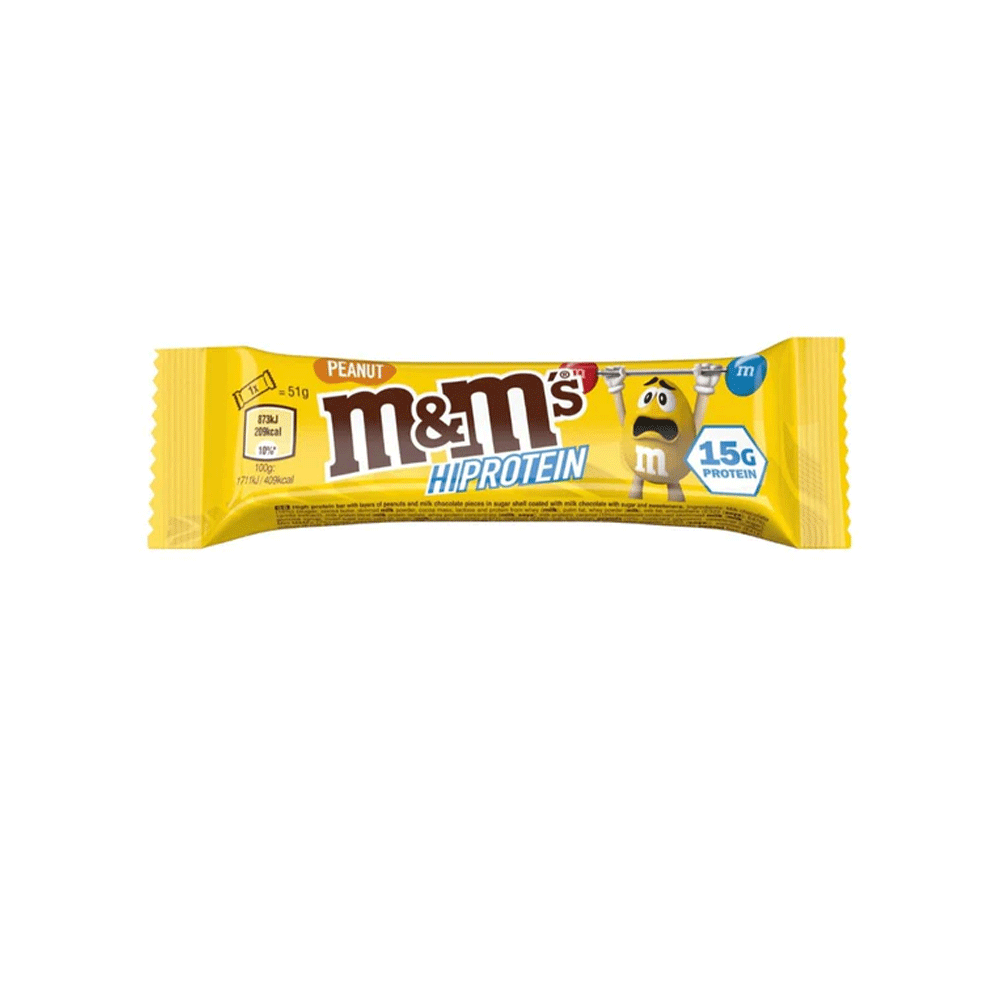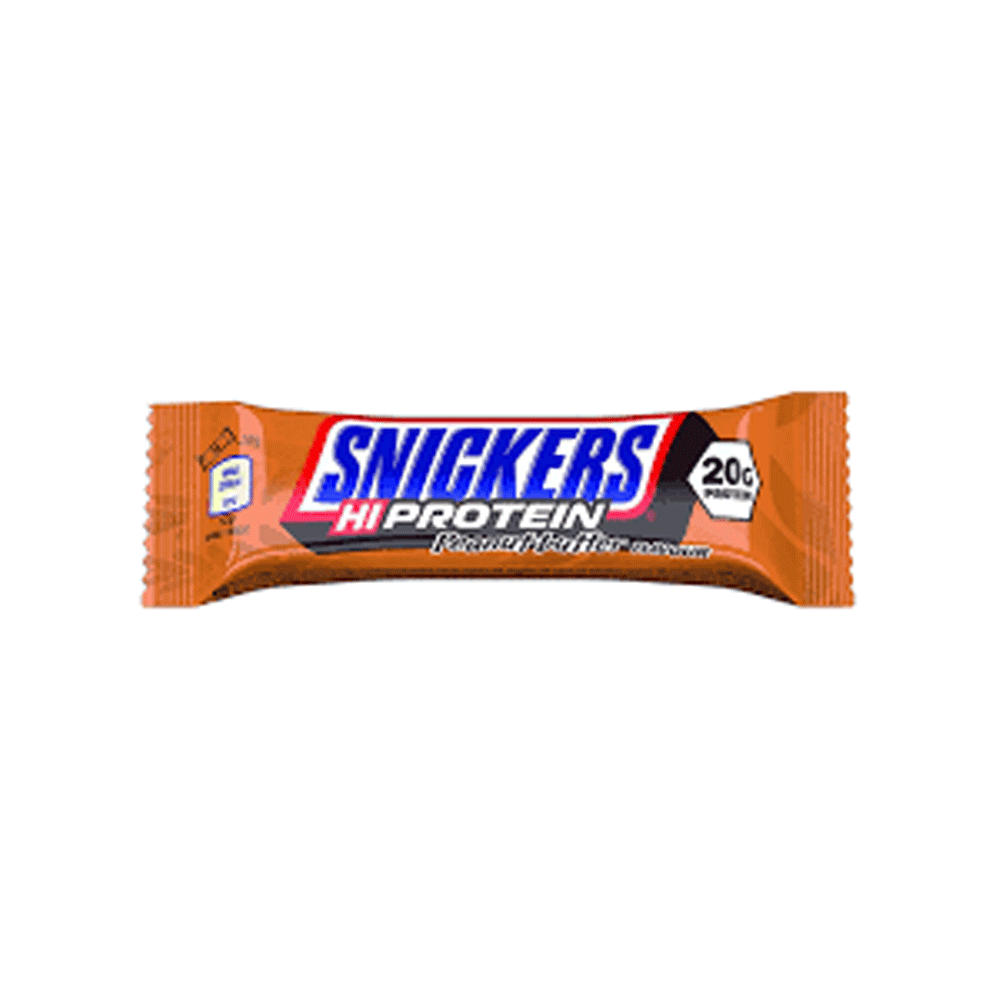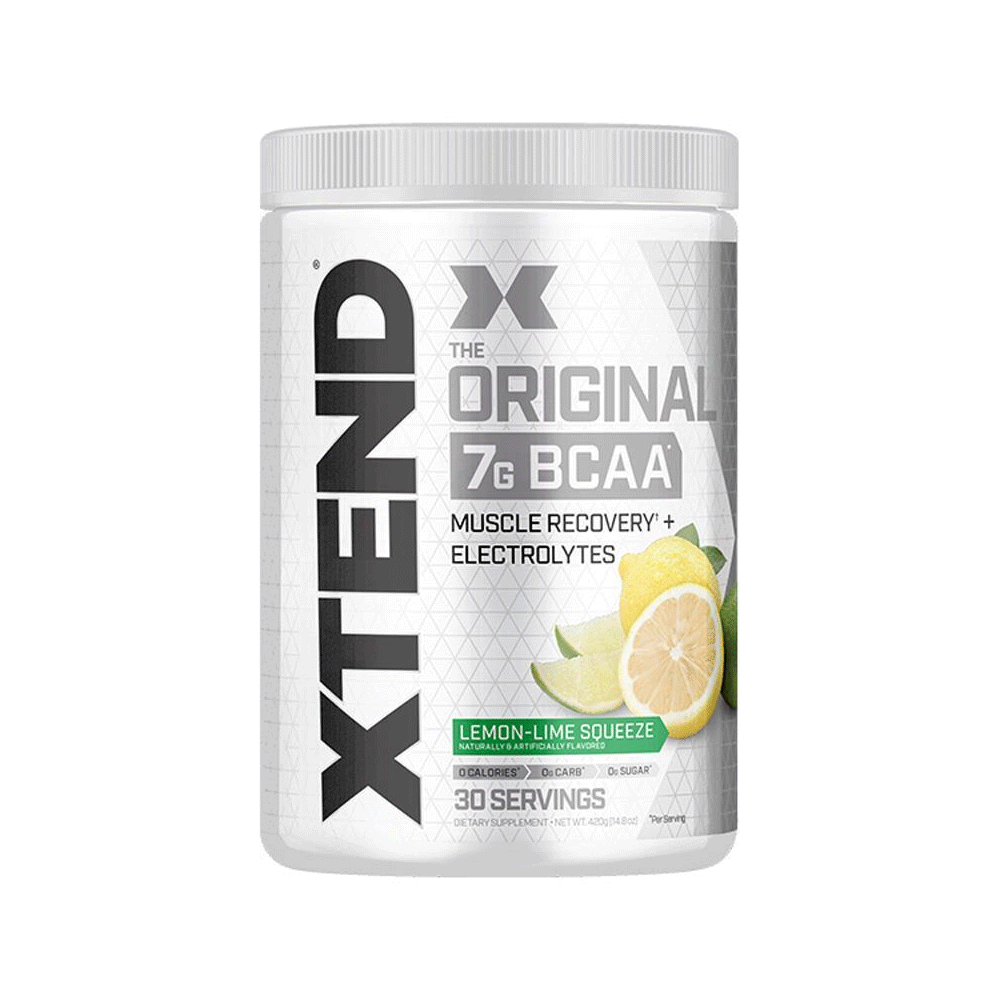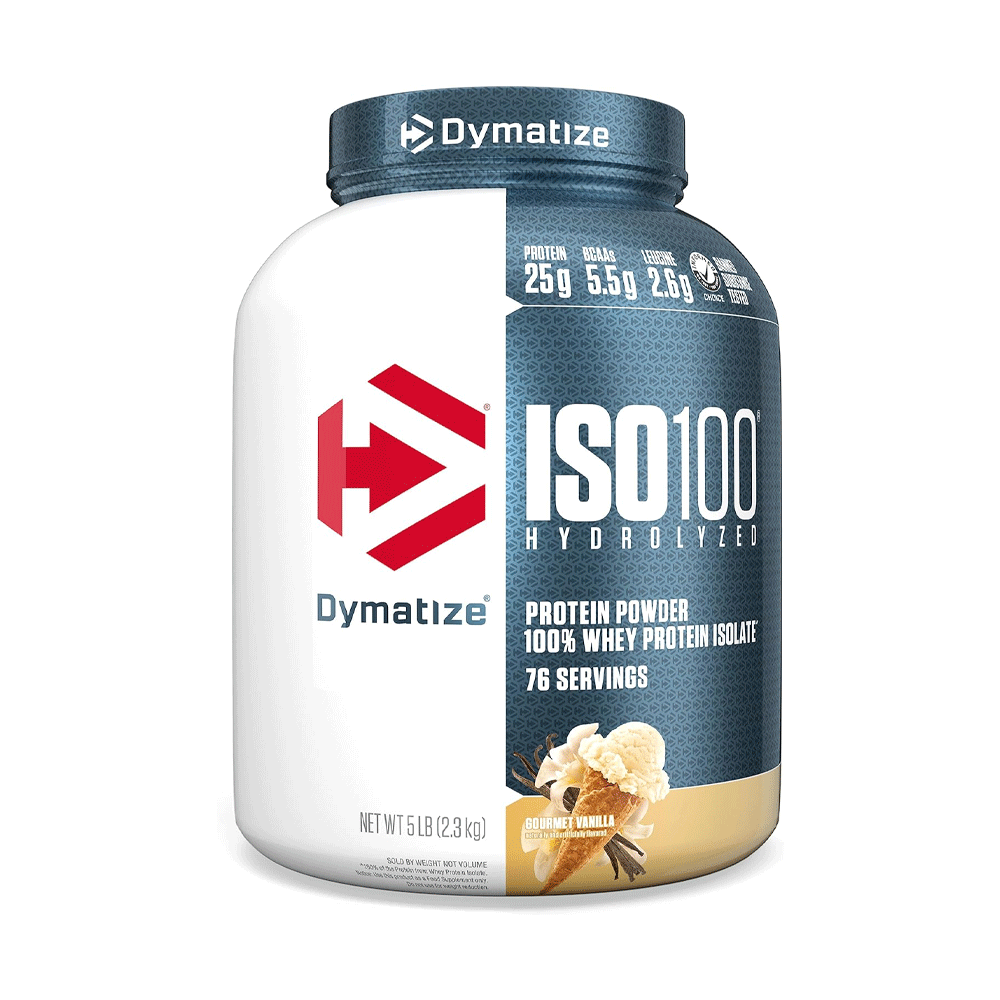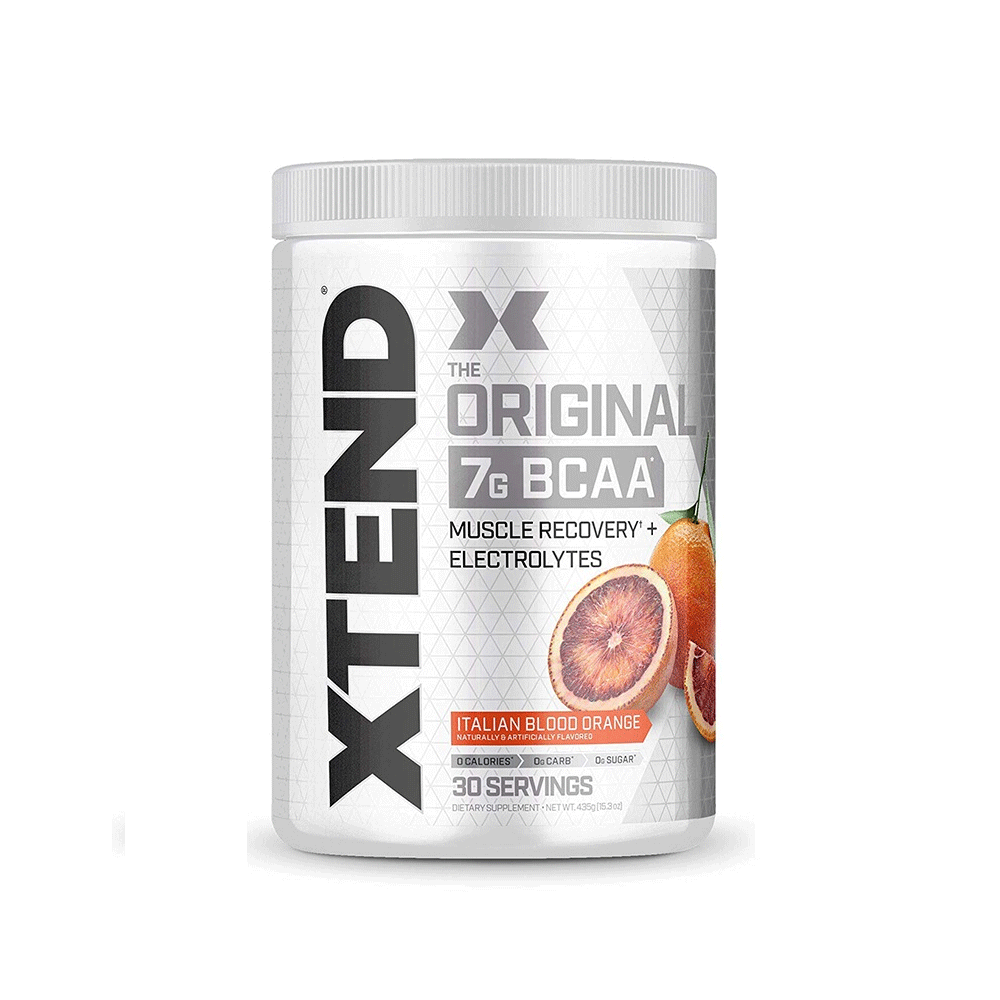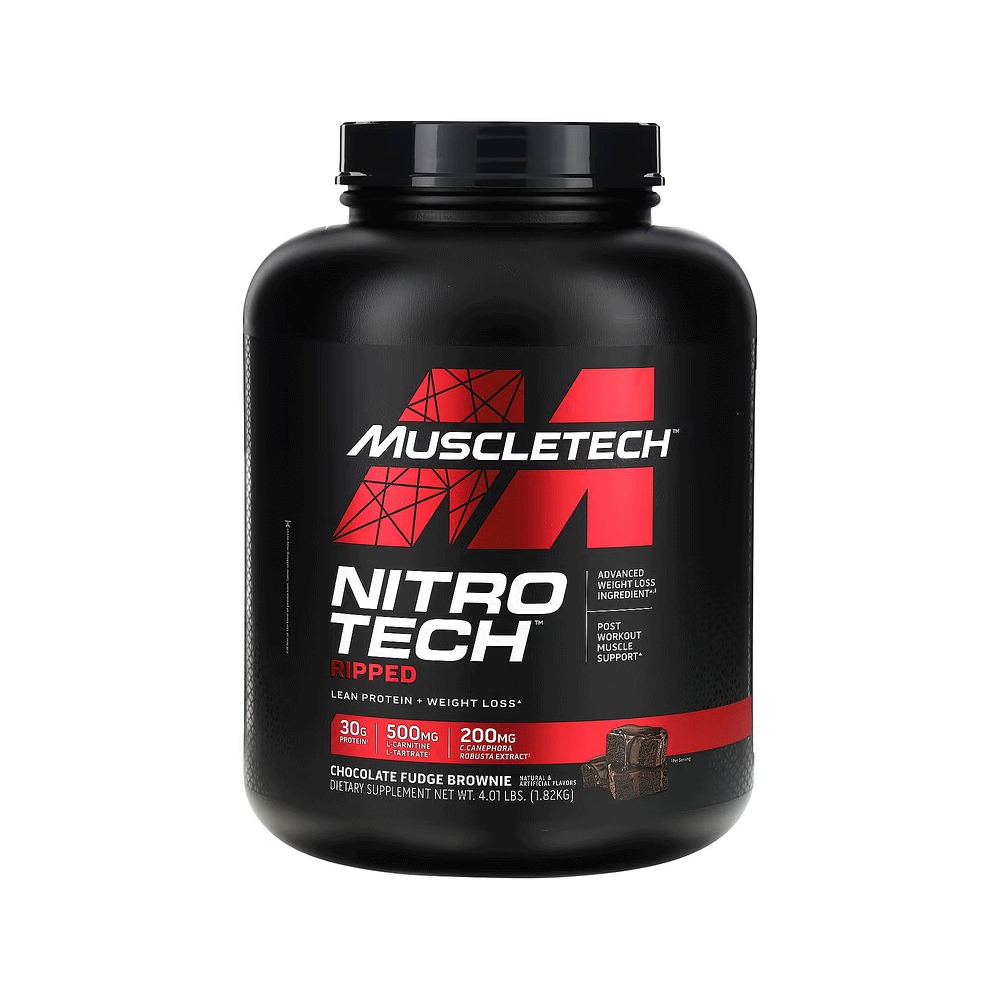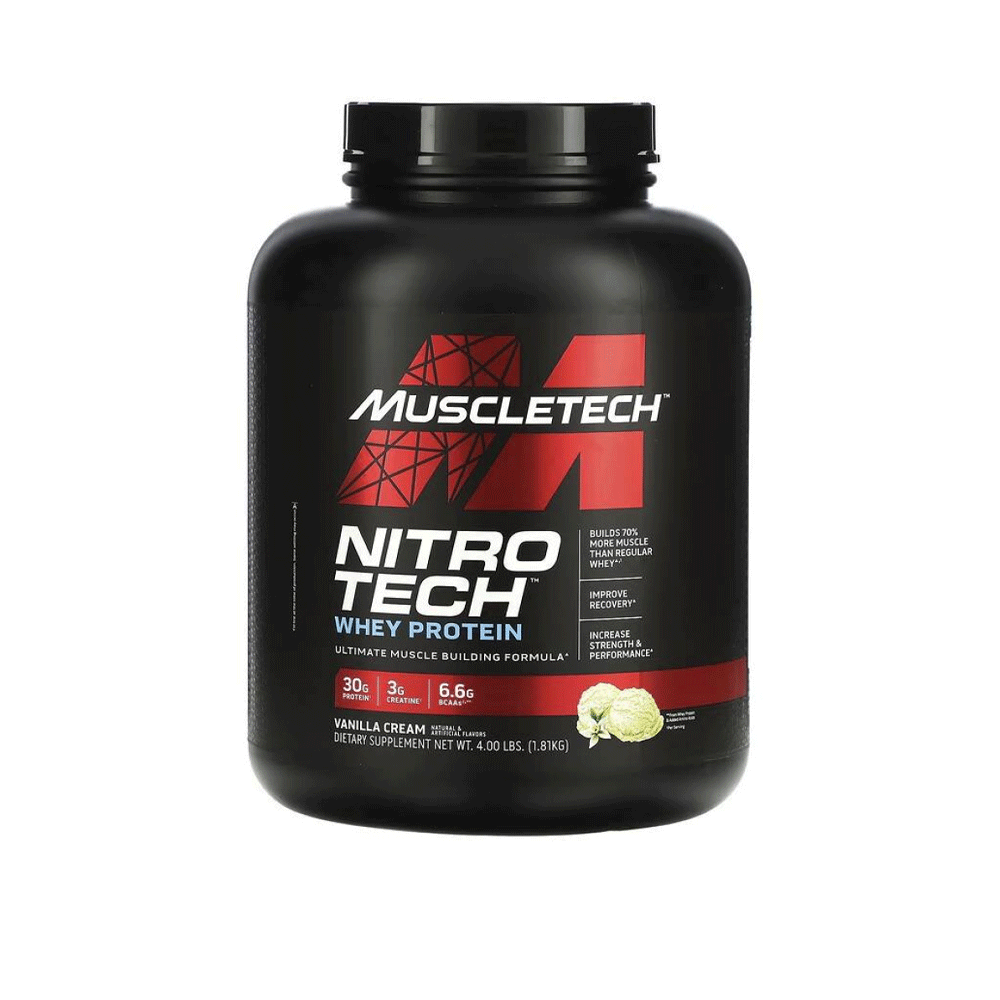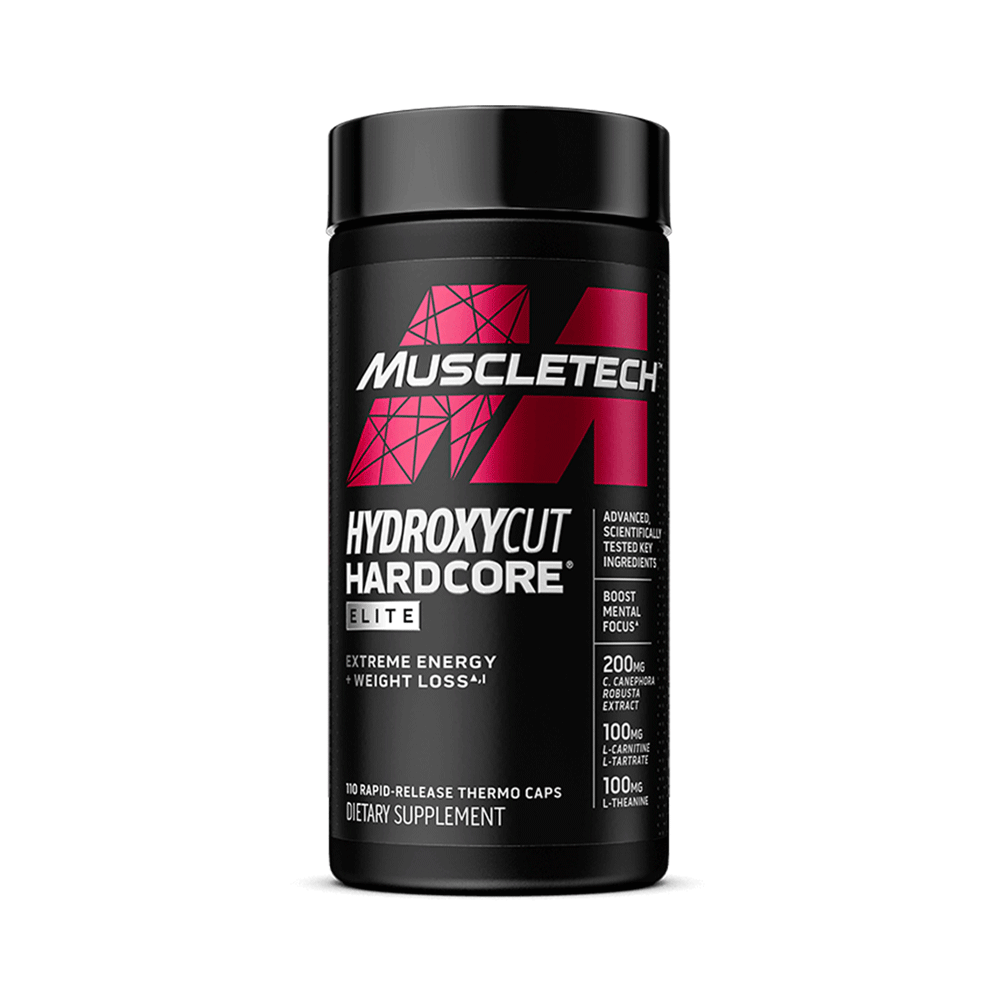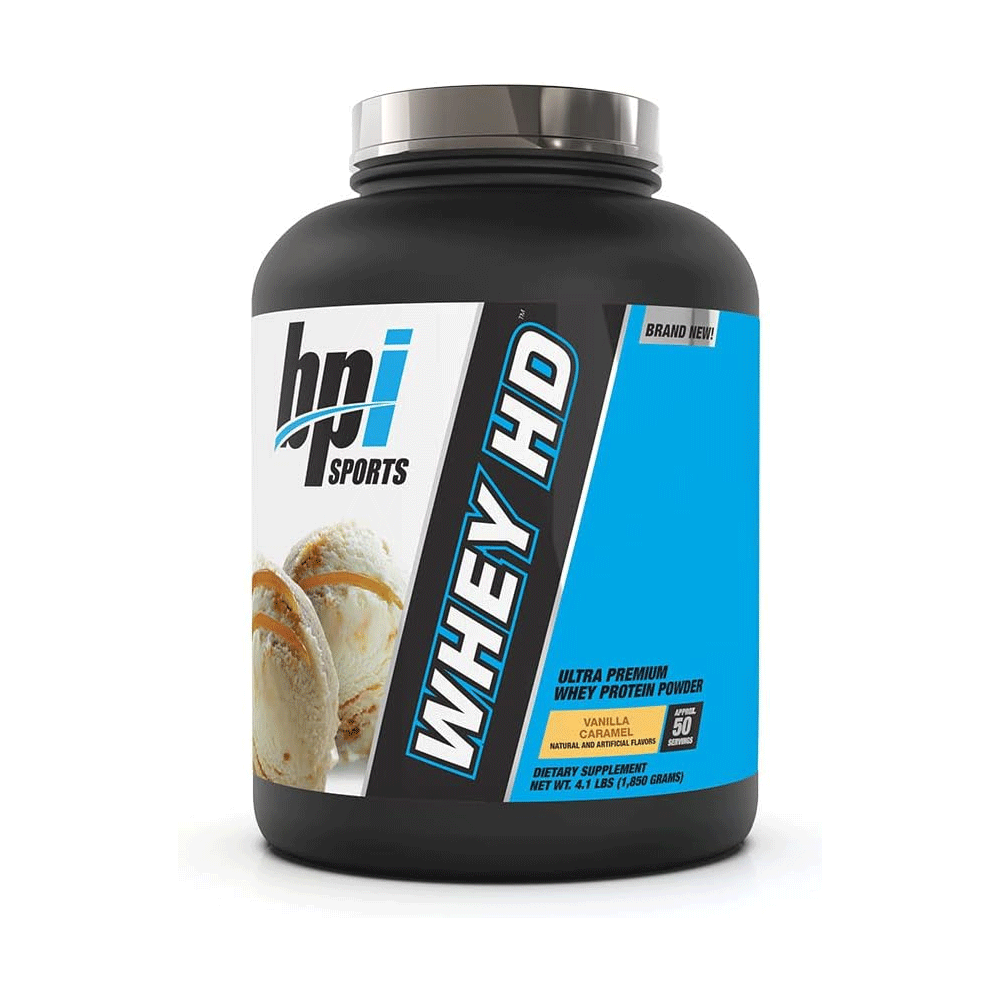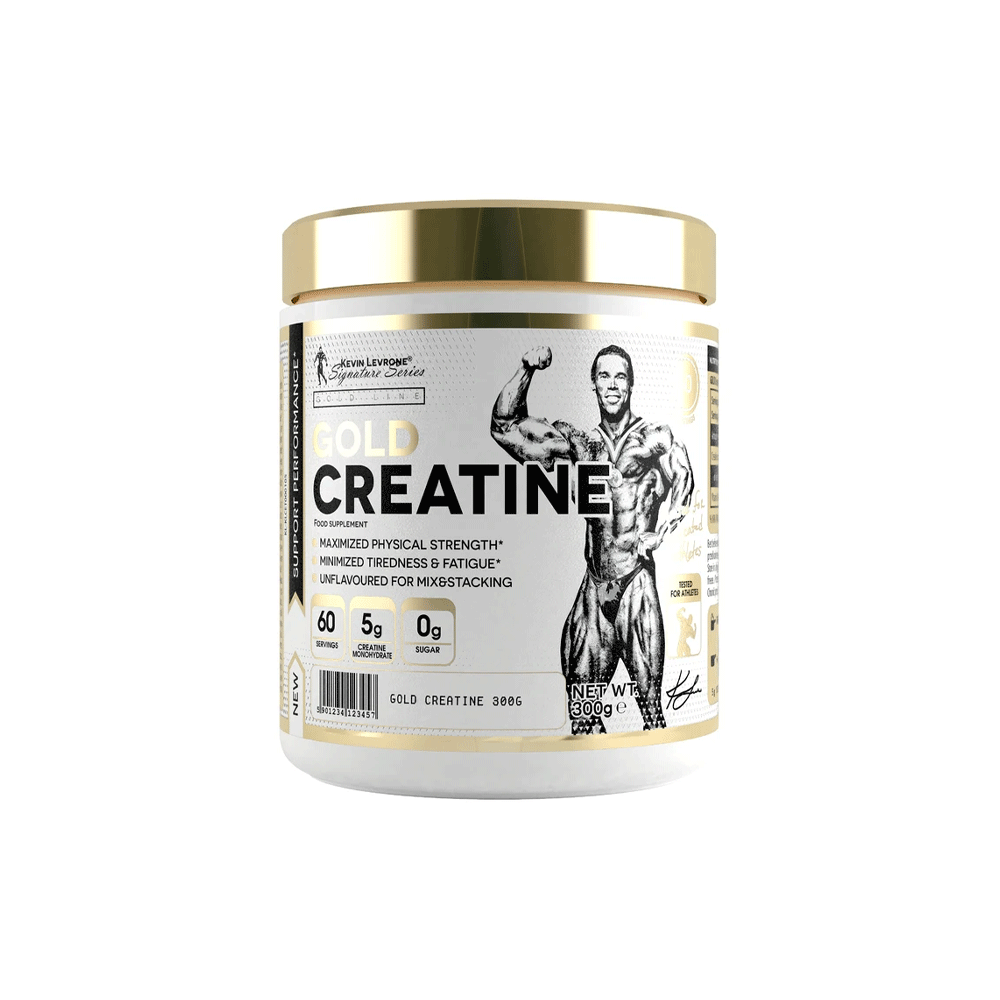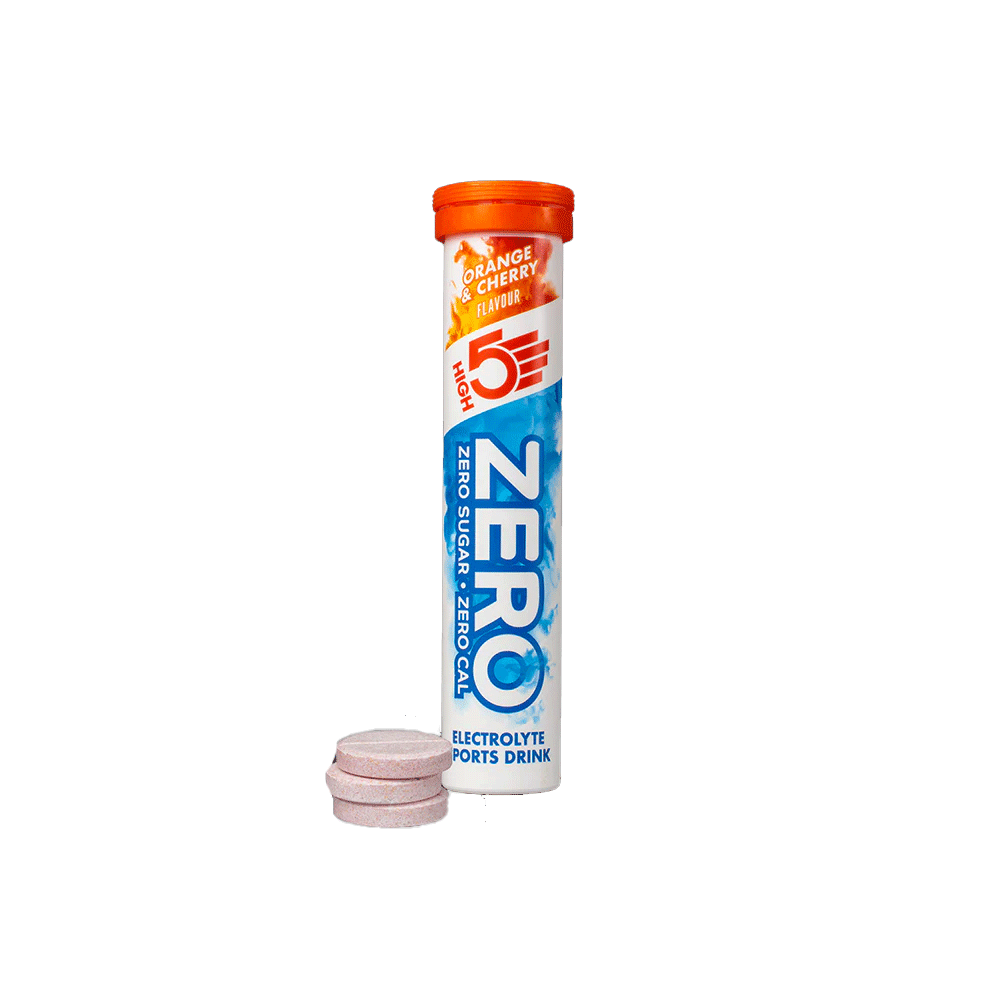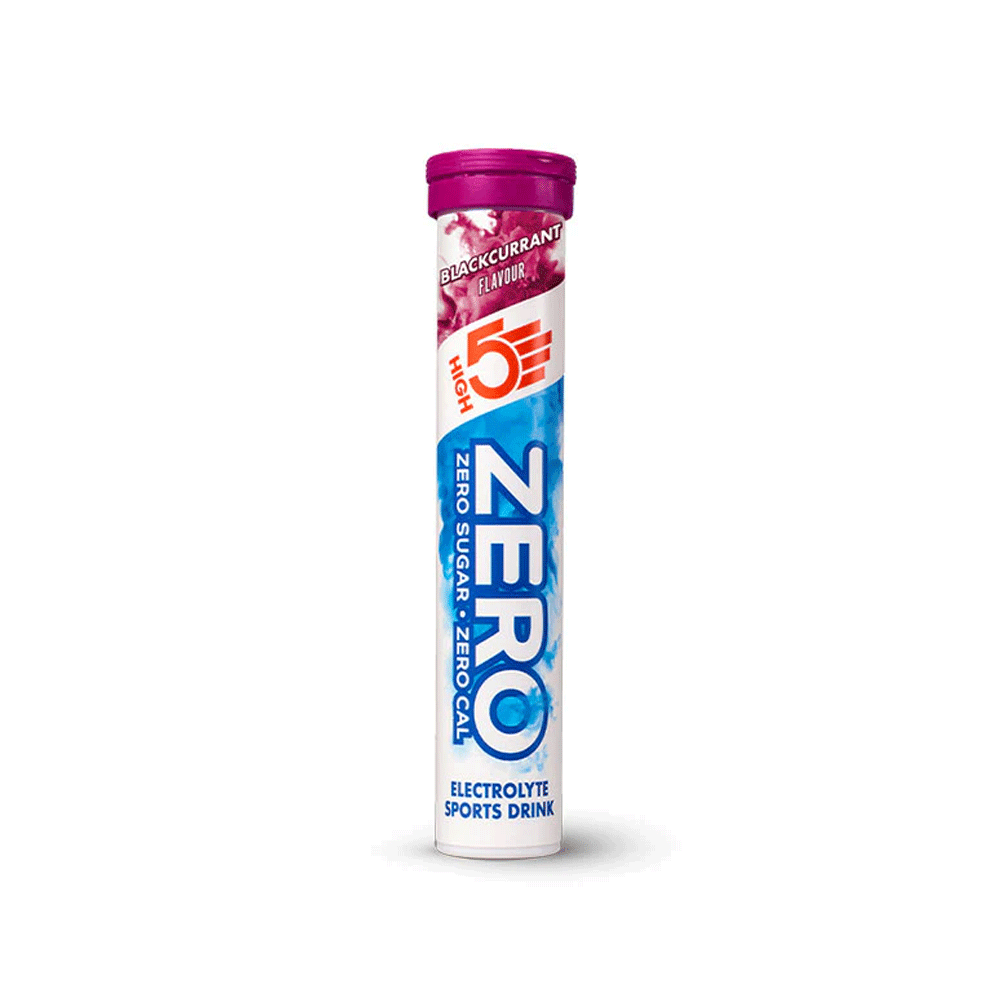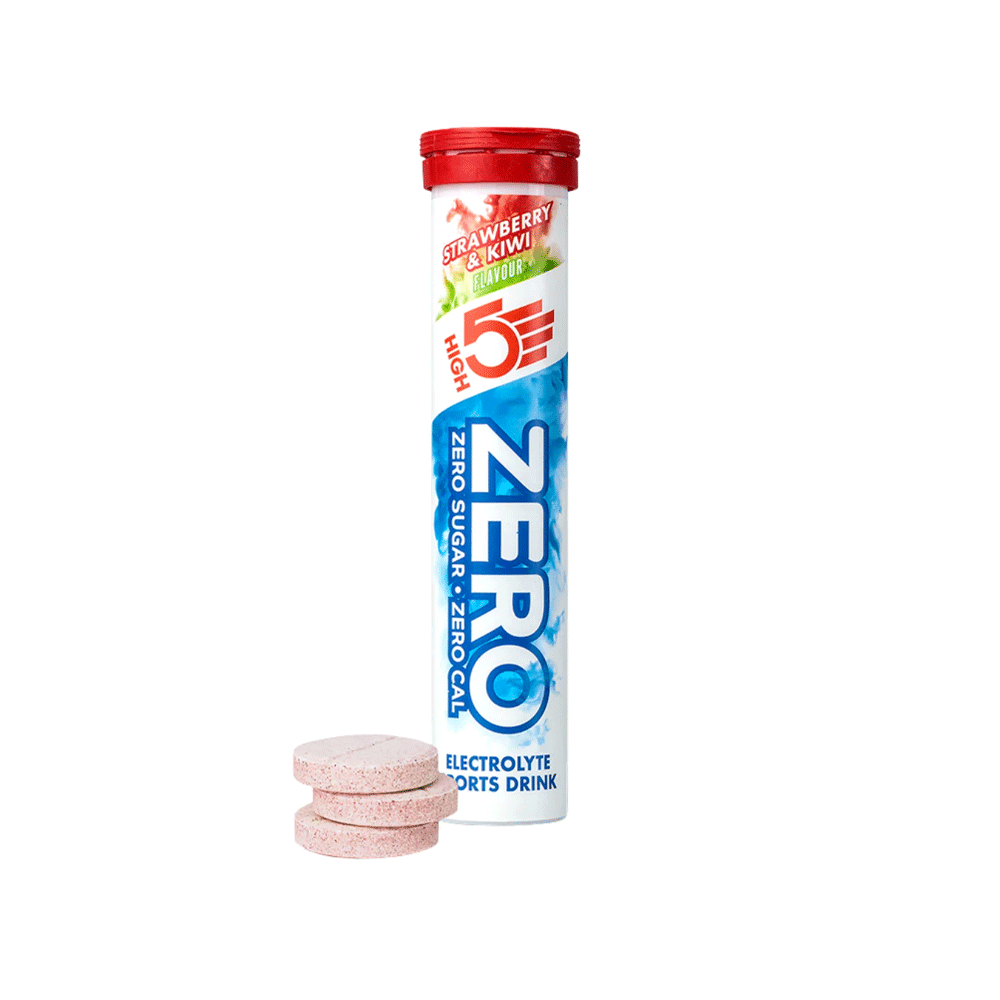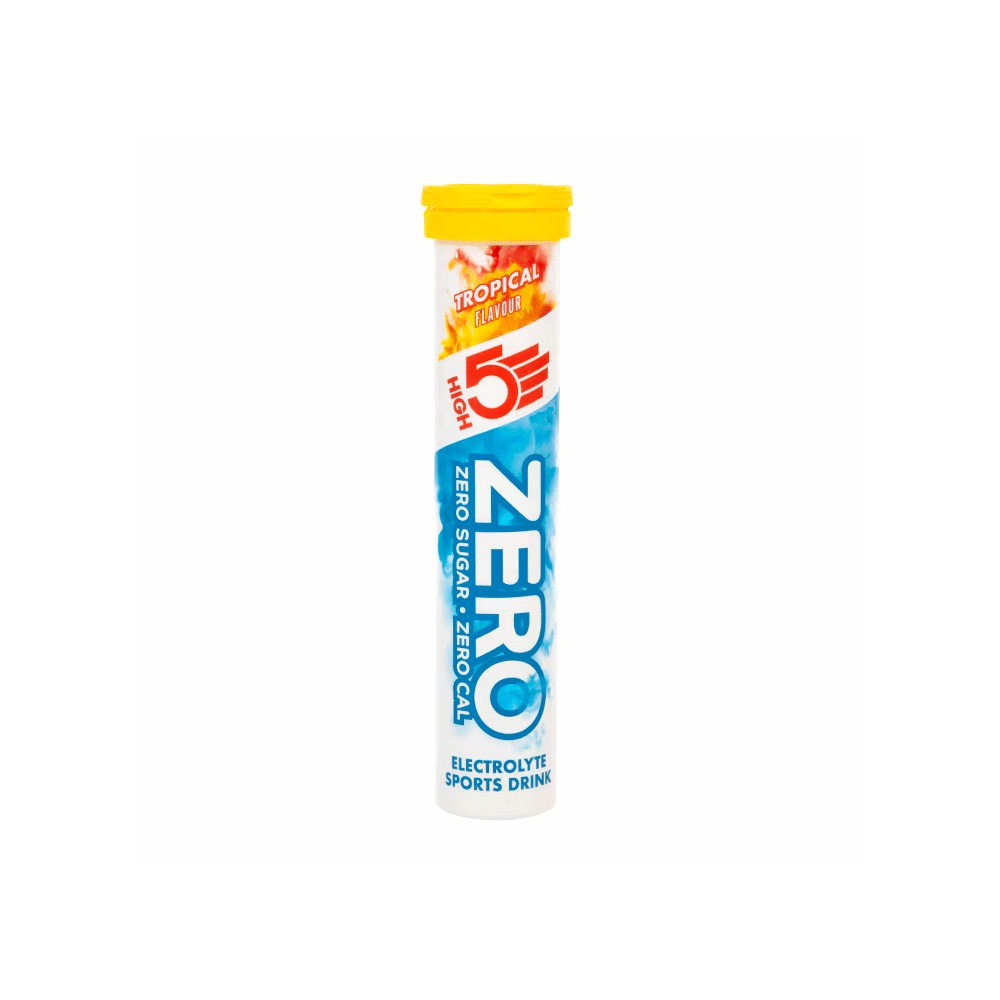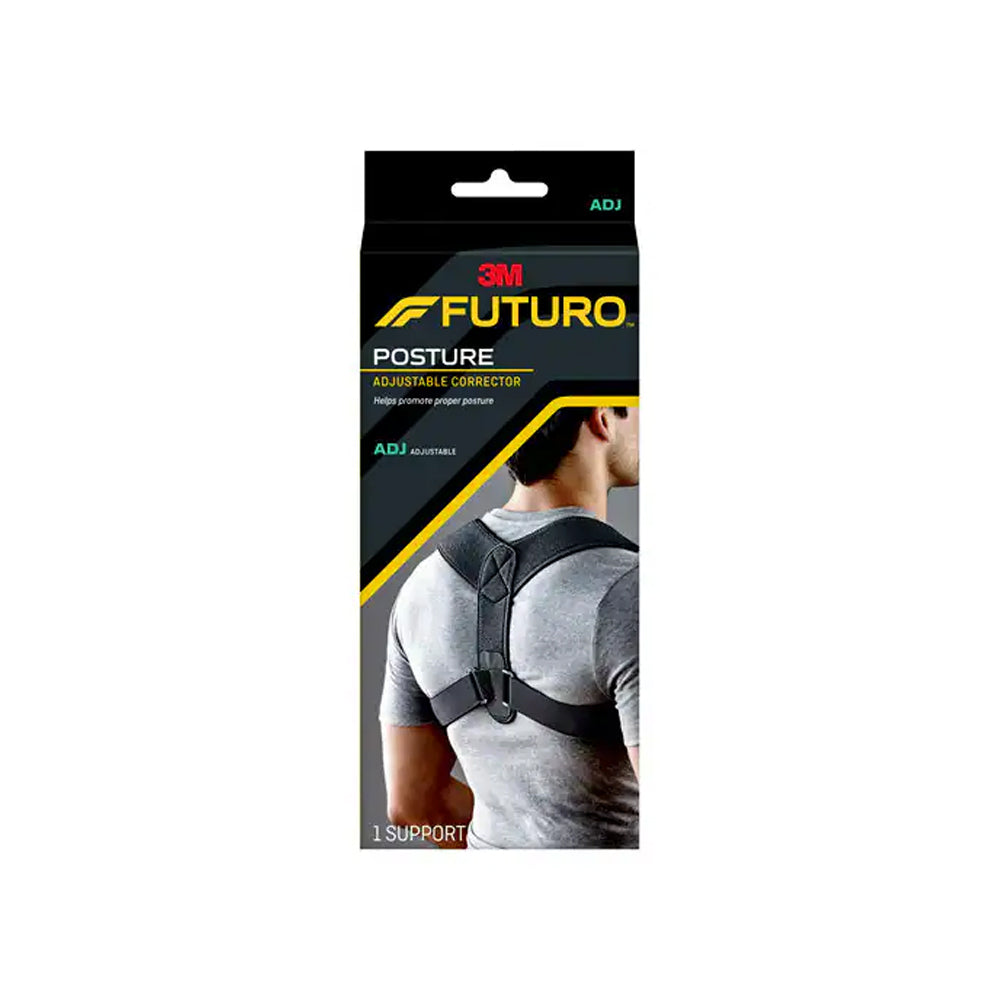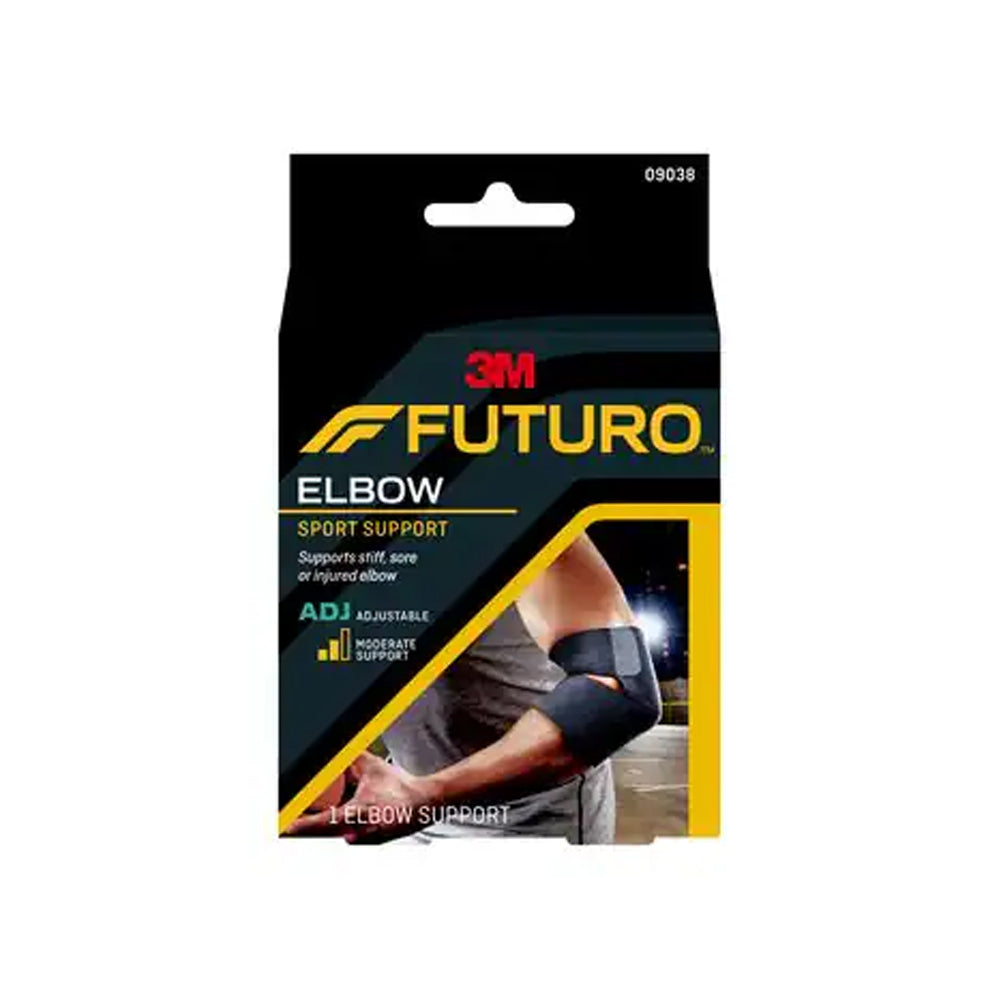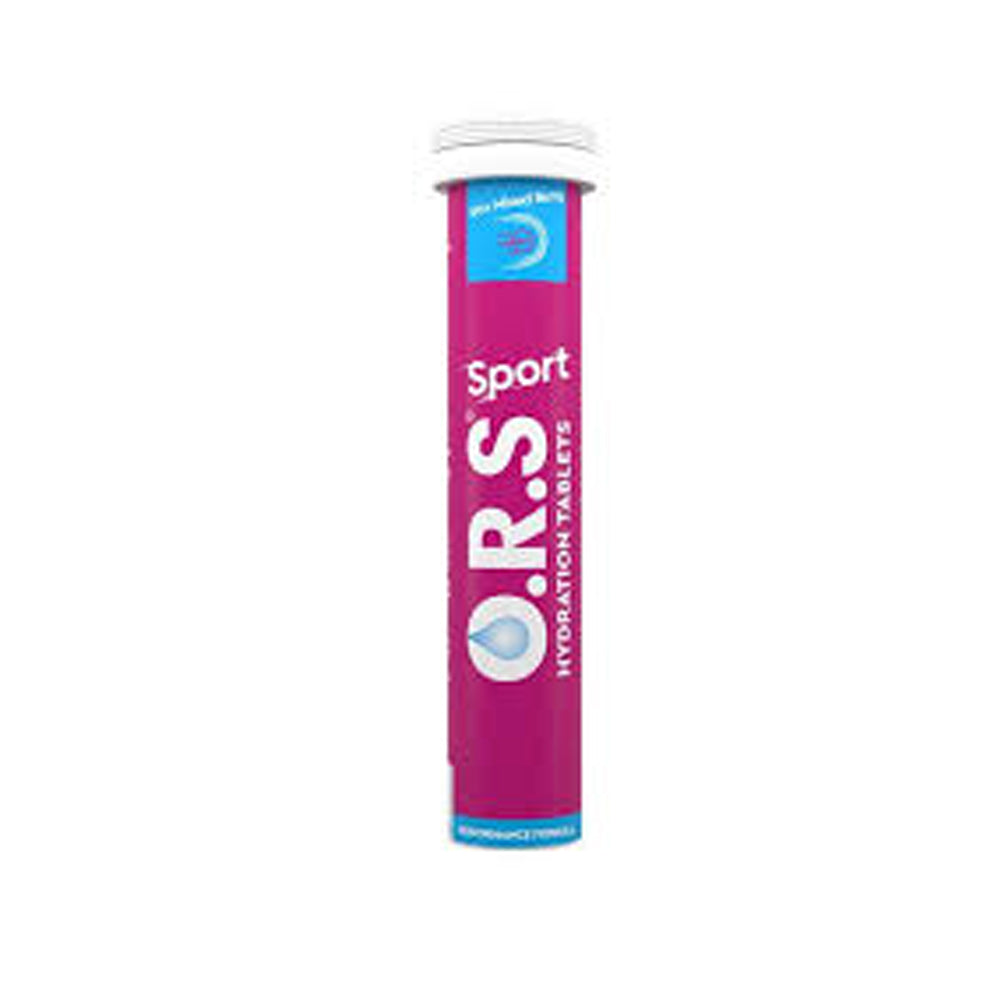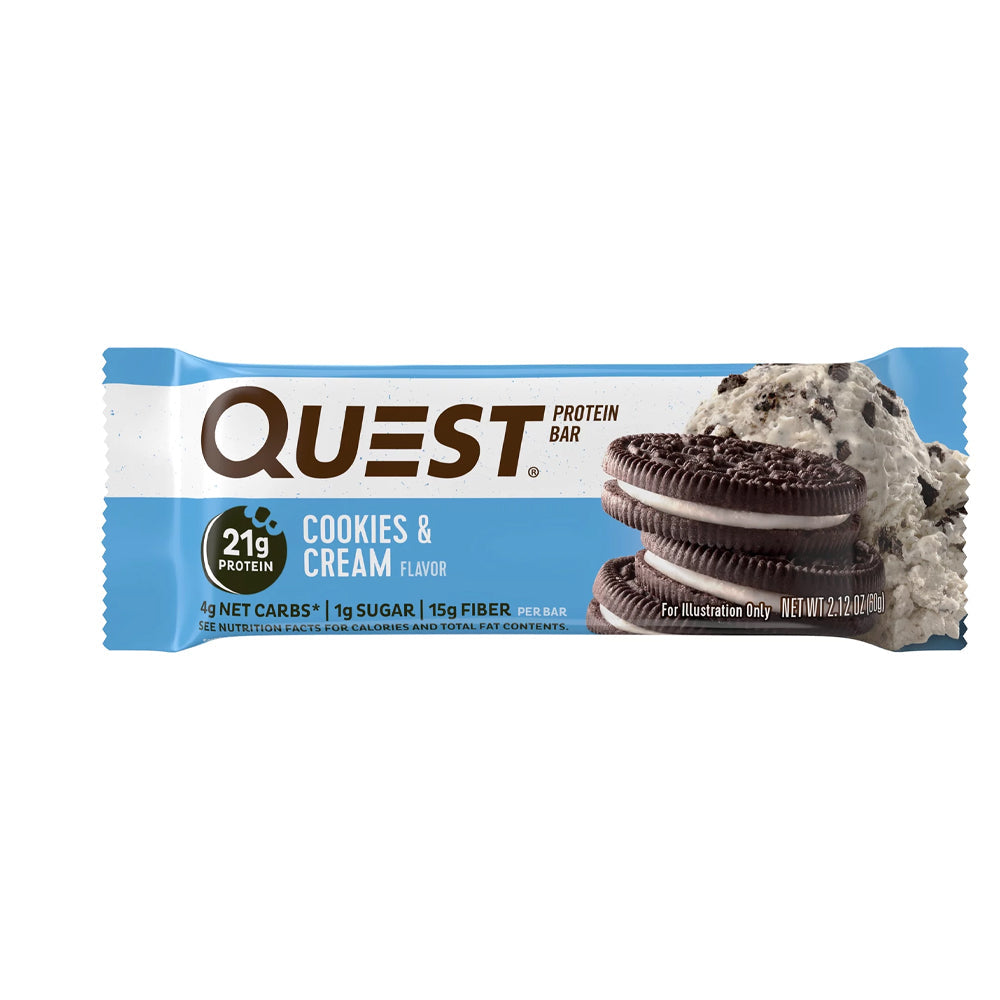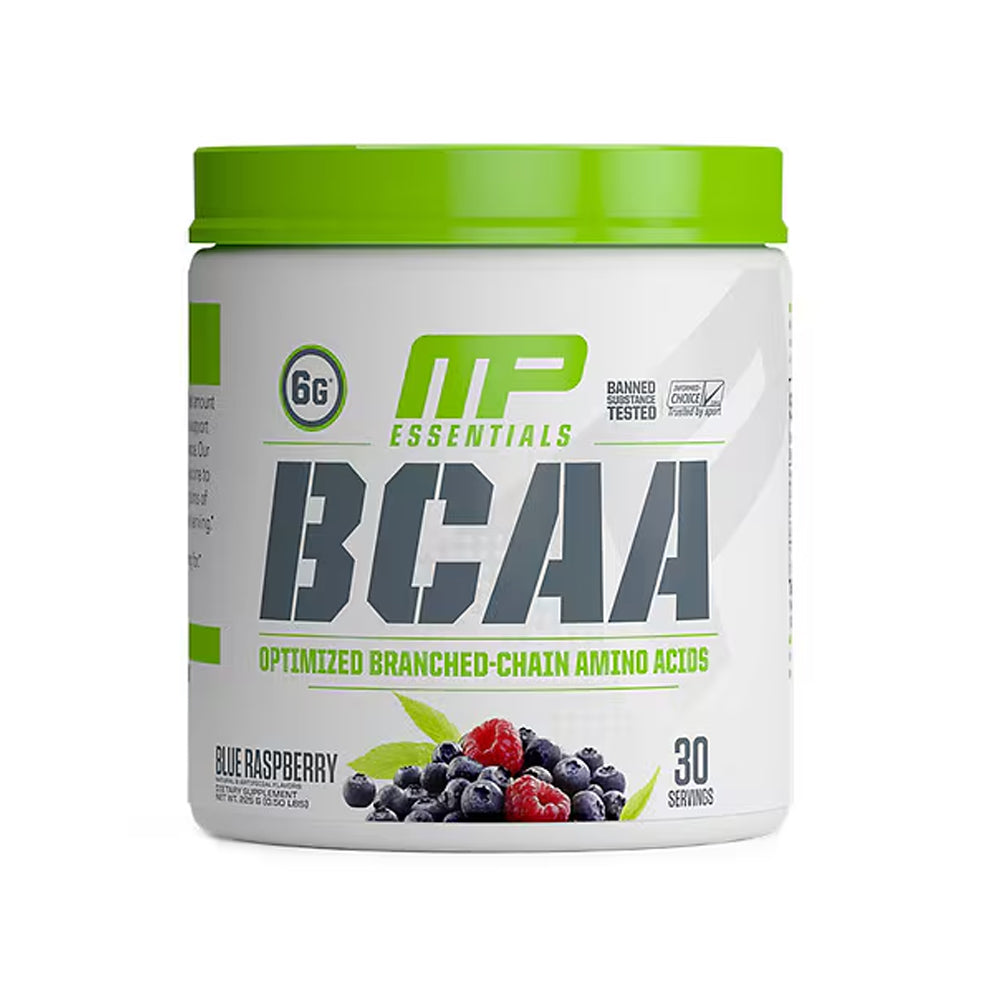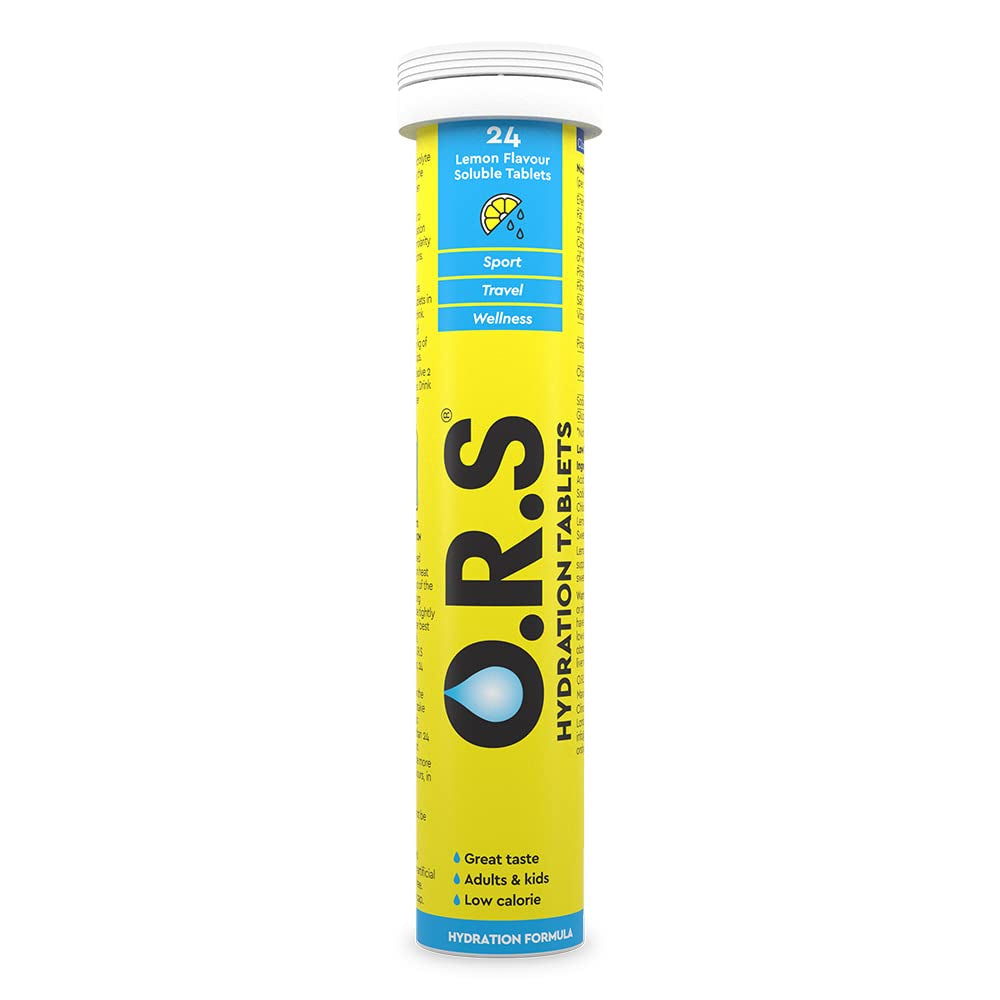Sports Nutrition: Every Athlete's Guide to Optimal Performance
Sports Nutrition
Sports nutrition is essential for athletes who aim to achieve peak performance. It encompasses various nutritional strategies, supplements, and dietary plans designed specifically to support physical activity, enhance recovery, and improve overall health. Whether you're a professional athlete or a fitness enthusiast, understanding the principles of sports nutrition can significantly impact your performance and results.
One critical aspect of sports nutrition is ensuring adequate energy intake. Athletes require more calories than sedentary individuals because of their intense training and competition schedules. The right balance of carbohydrates, proteins, and fats is necessary to fuel the body, support muscle growth and repair, and maintain energy levels throughout an athletic event or workout.
Carbohydrates are the primary energy source for athletes. They provide the necessary fuel for high-intensity exercise and endurance events. Consuming the right type and amount of carbohydrates before, during, and after exercise can help maintain glycogen stores, which are crucial for sustaining performance. Whole grains, fruits, vegetables, and sports drinks are excellent carbohydrate sources.
Protein is another vital component of sports nutrition. It is essential for muscle repair and growth, which is particularly important for athletes engaging in strength training or endurance sports. Protein requirements can vary based on the type and intensity of exercise, but generally, athletes should aim for a higher protein intake than the general population. Lean meats, dairy, legumes, and protein supplements are great ways to include more protein in your diet.
Fats also play a significant role in an athlete's diet, providing a concentrated energy source. Healthy fats, such as those found in nuts, seeds, avocados, and oily fish, can support overall health and athletic performance. However, balancing fat intake is crucial, as consuming too much can lead to excess body weight, which may hinder performance.
Hydration is a fundamental component of sports nutrition. Proper fluid intake before, during, and after exercise is essential to maintain performance, prevent dehydration, and support recovery. Water is usually sufficient for most activities, but for prolonged or intense exercise, electrolyte-replenishing drinks may be necessary to replace lost minerals.
In addition to macronutrients, vitamins and minerals play critical roles in sports nutrition. These micronutrients support various bodily functions, including energy production, immune function, and bone health. Athletes should aim for a well-rounded diet that includes a variety of fruits, vegetables, whole grains, and lean proteins to ensure they are meeting their micronutrient needs.
Supplements can also be a valuable part of sports nutrition, offering targeted support for specific goals. Common supplements include protein powders, amino acids, creatine, and electrolyte tablets. It's crucial to choose high-quality supplements and use them appropriately to complement a balanced diet and training regimen.
Ultimately, sports nutrition is about understanding your body's needs and providing the right fuel to achieve your athletic goals. By focusing on a balanced diet, adequate hydration, and appropriate supplements, athletes can enhance their performance, recover more effectively, and maintain long-term health. Whether you are training for a marathon, competing in a team sport, or working towards personal fitness goals, sports nutrition is the foundation for success.


